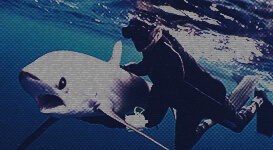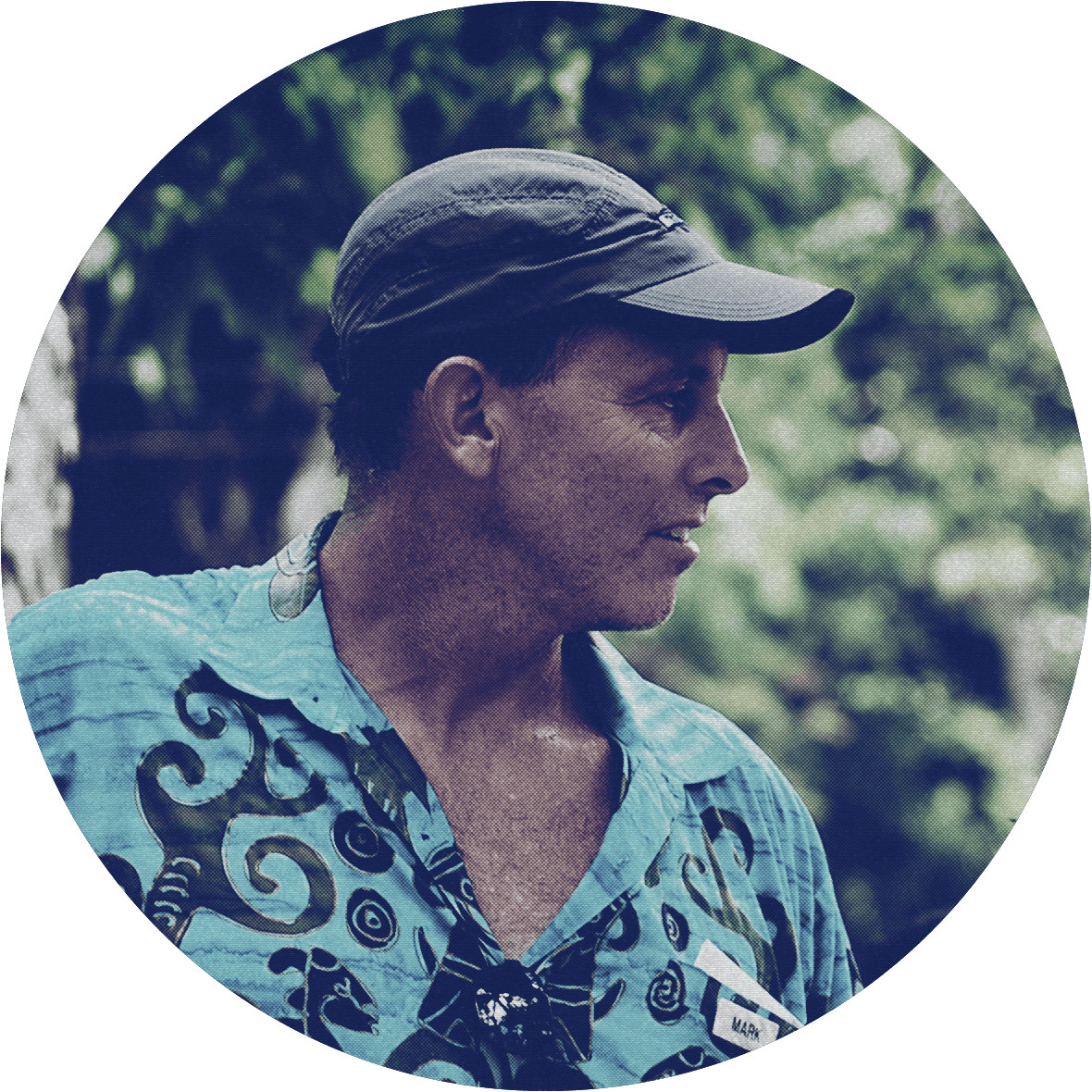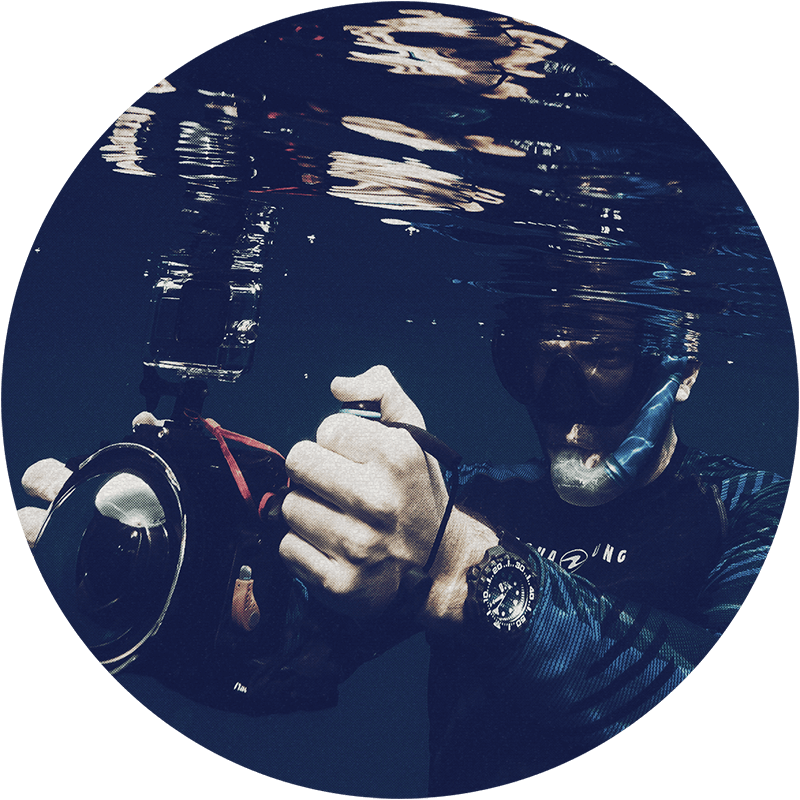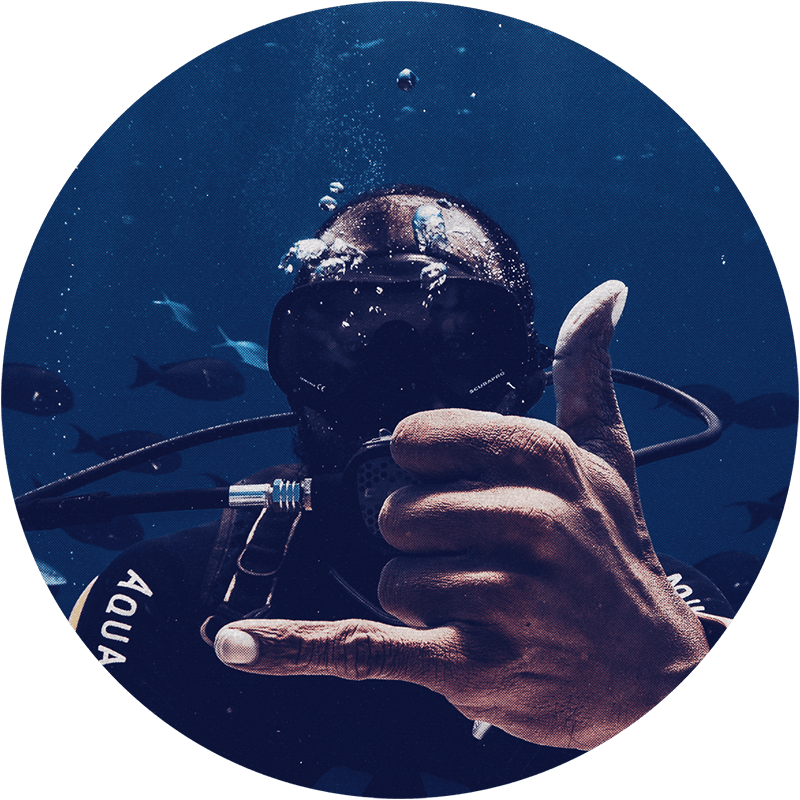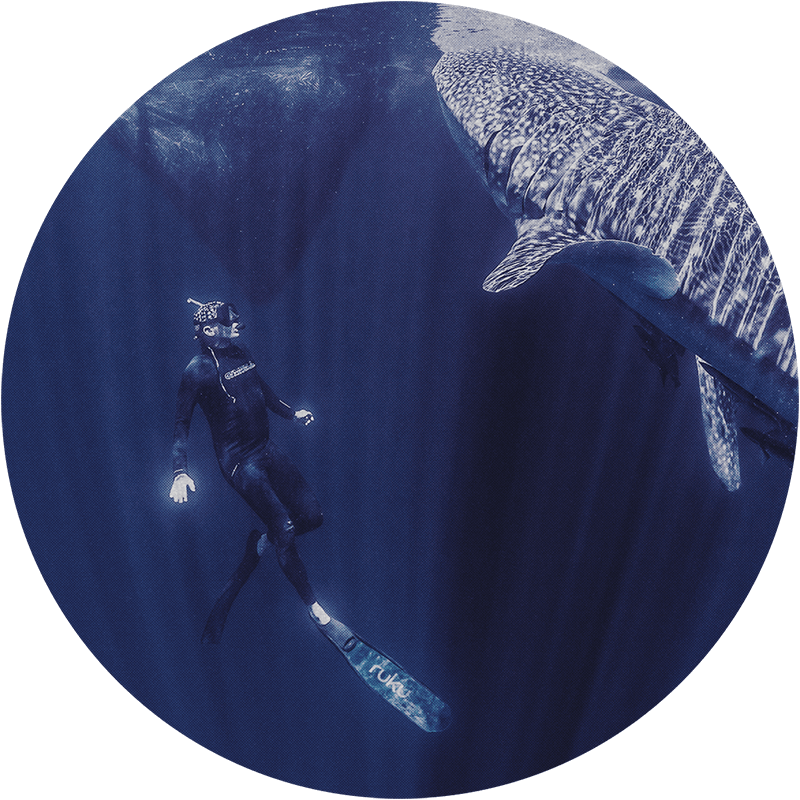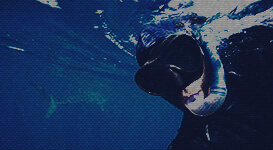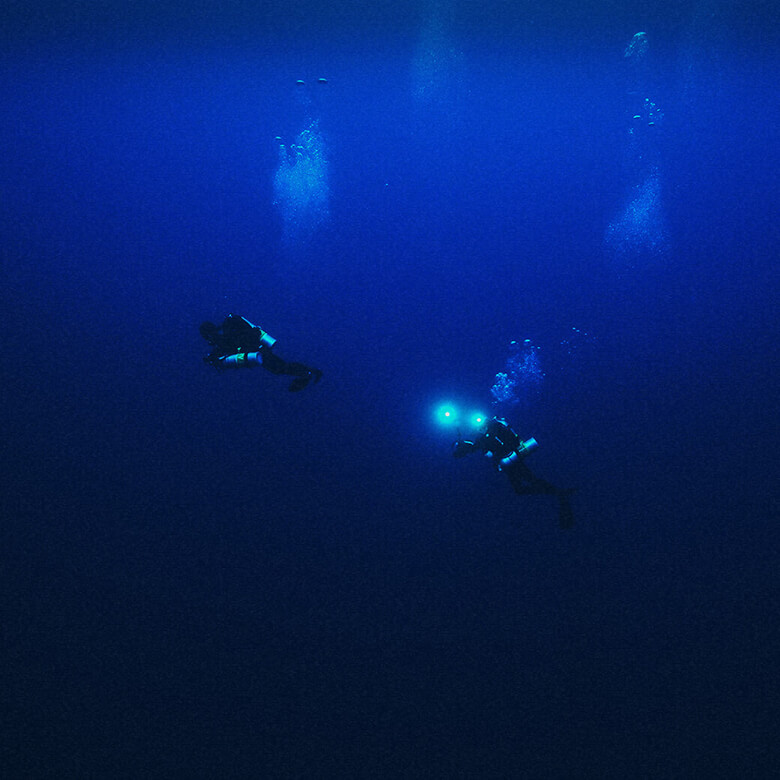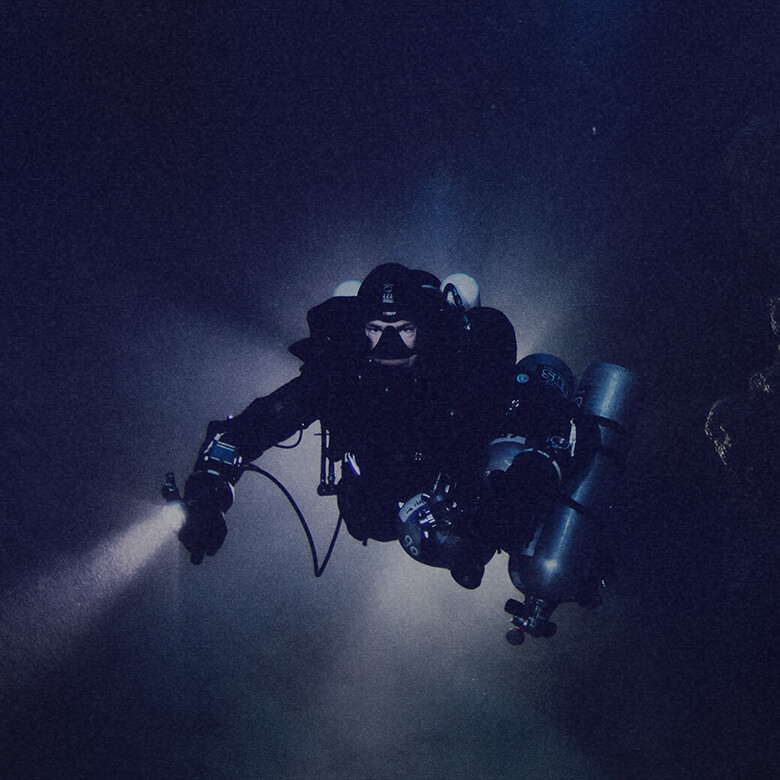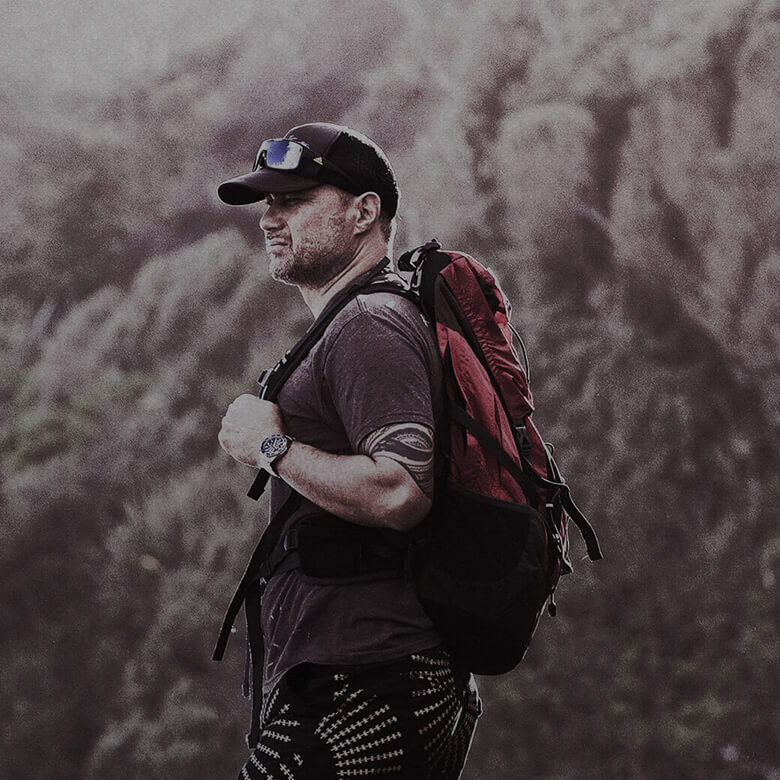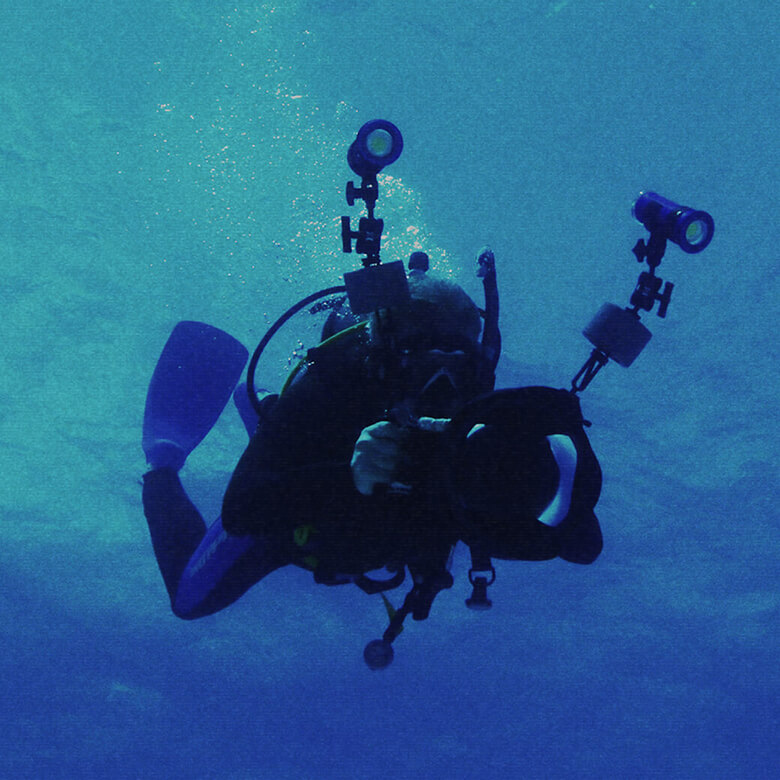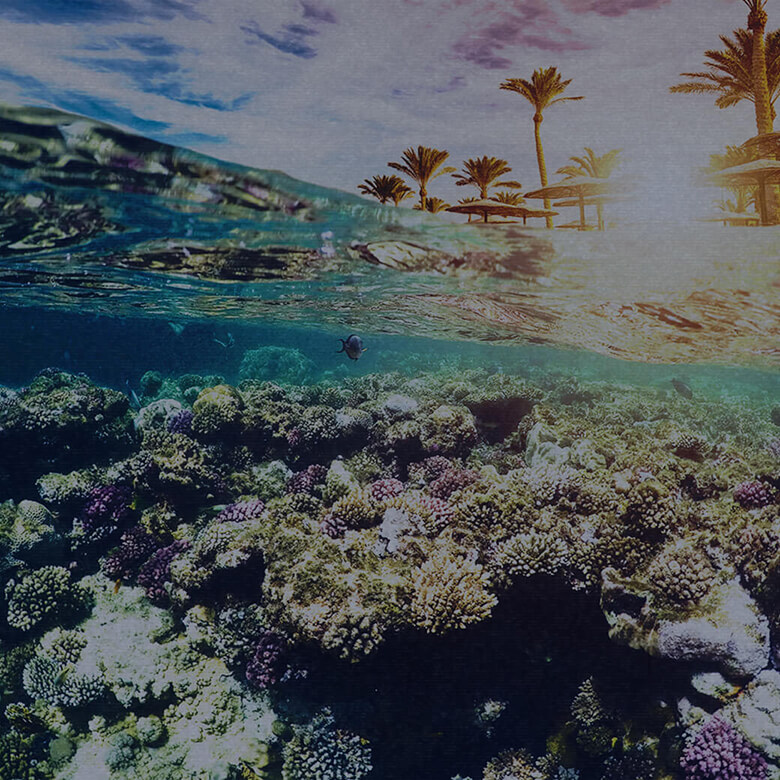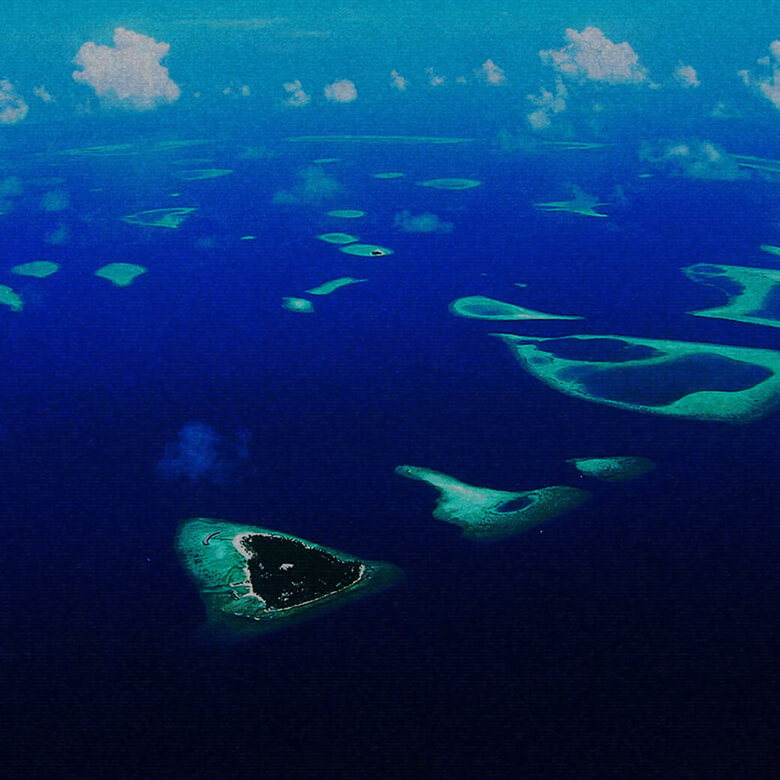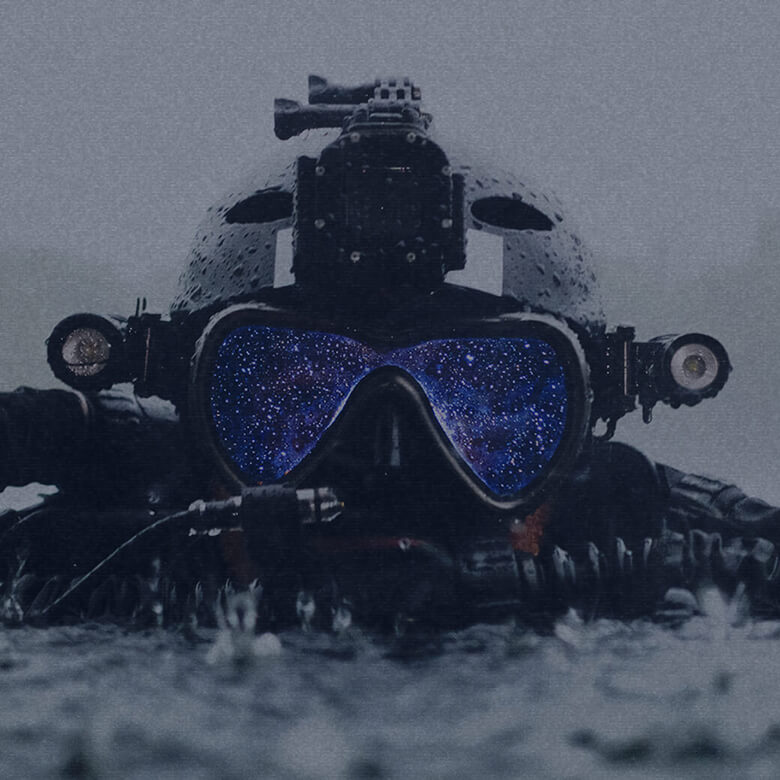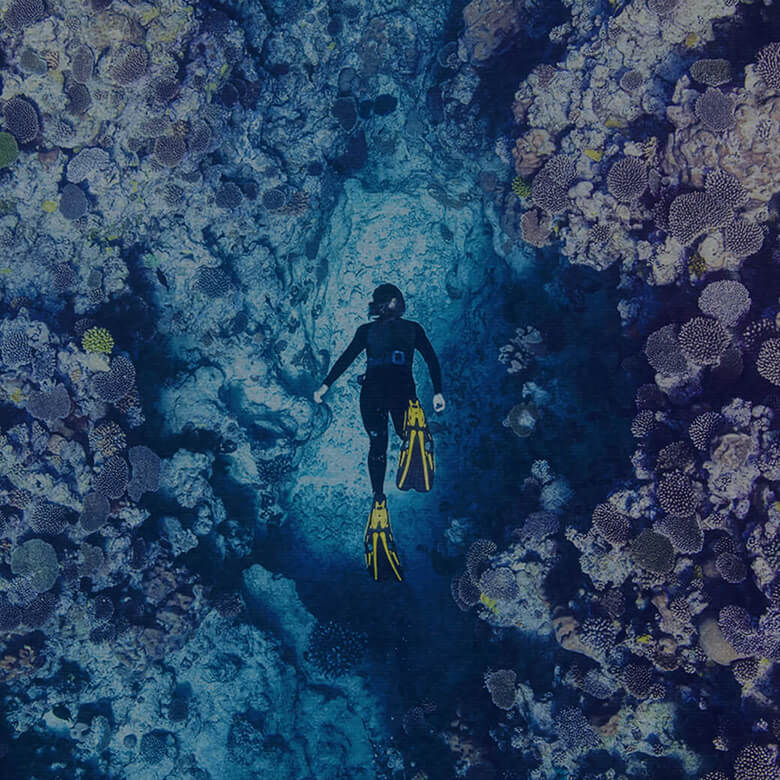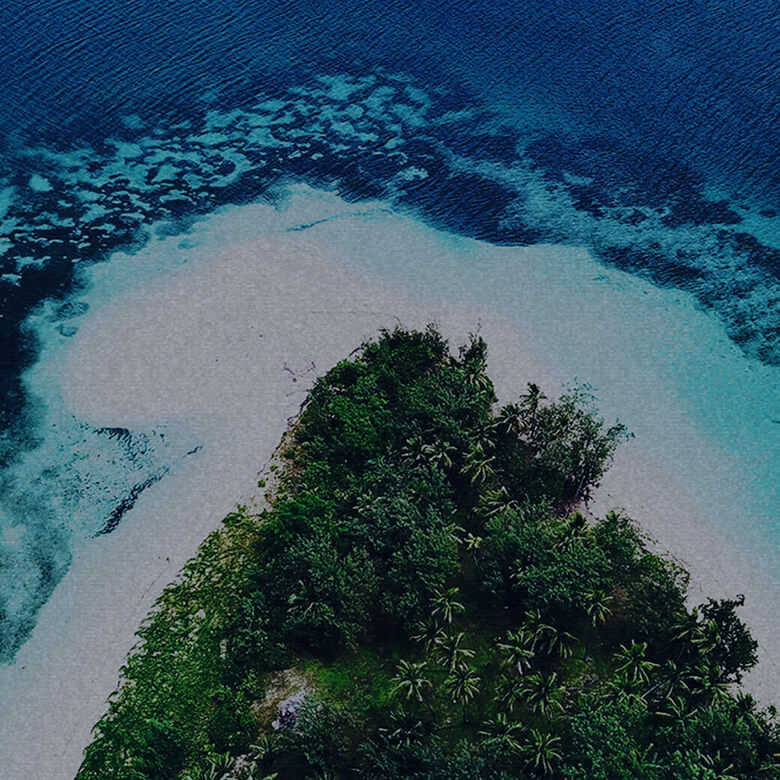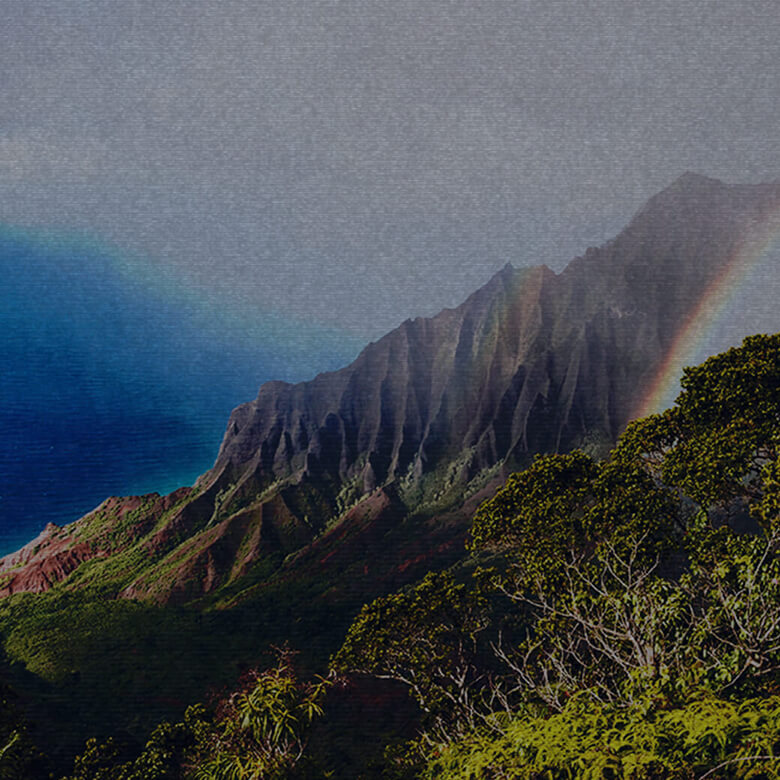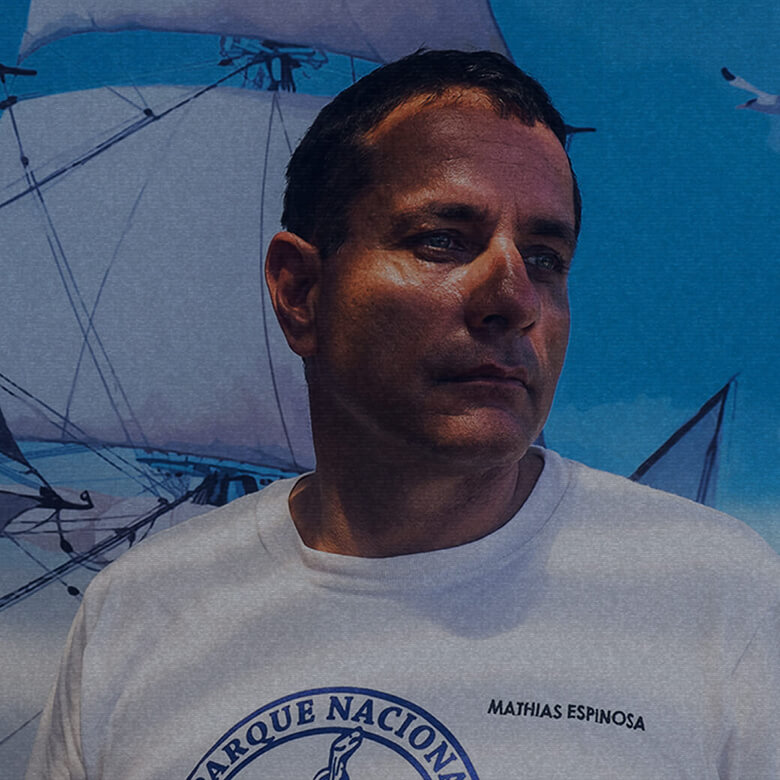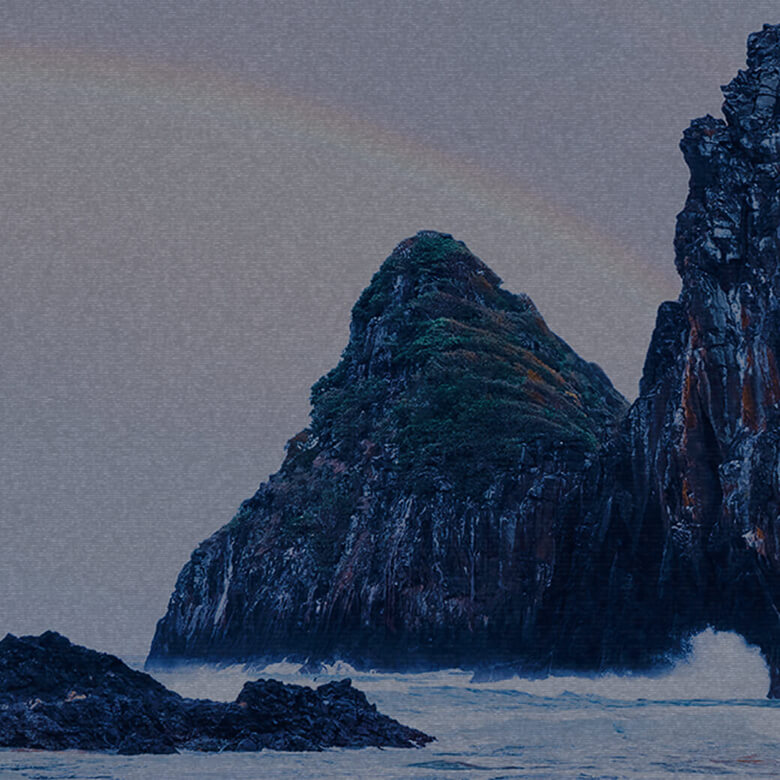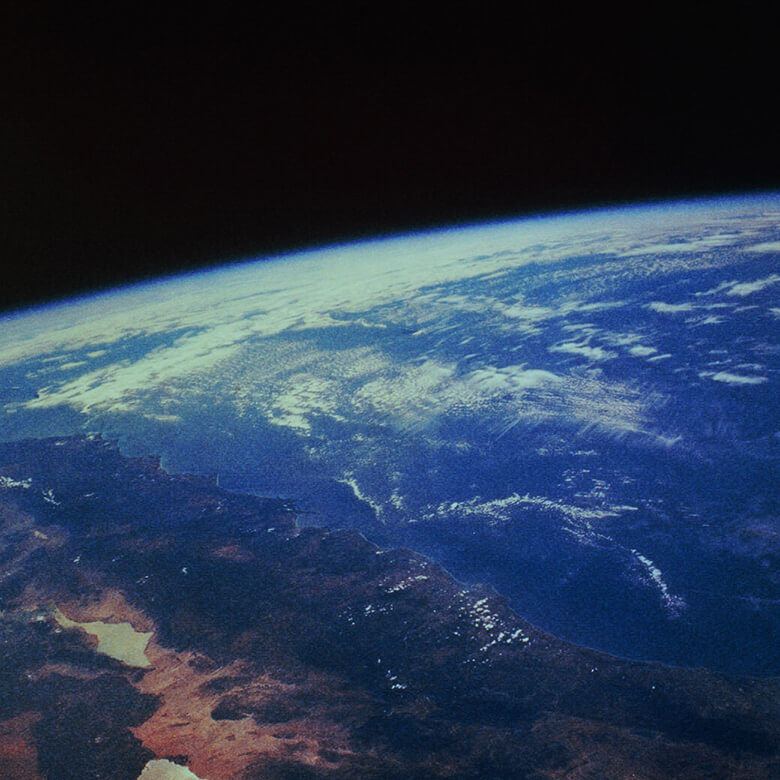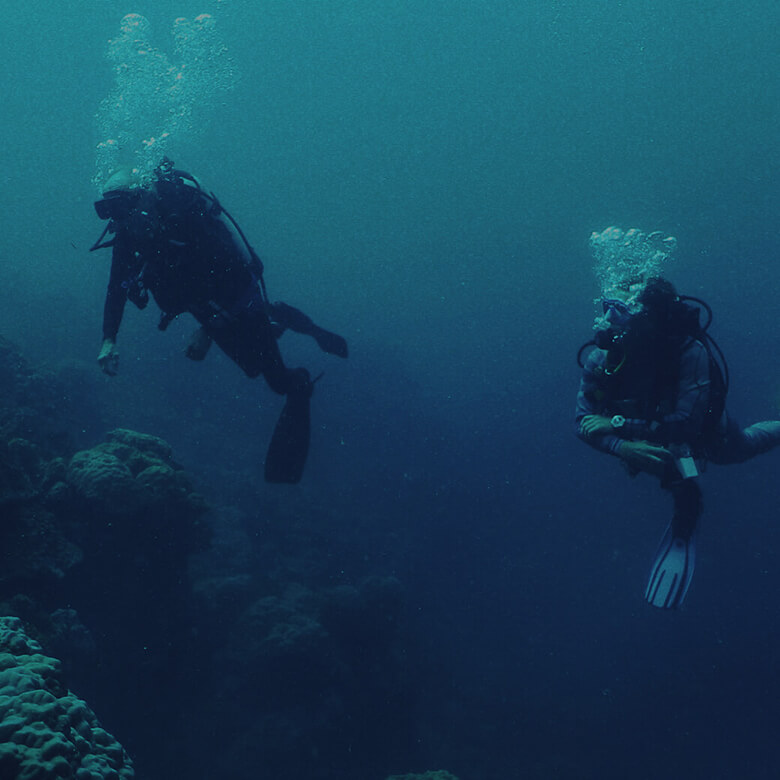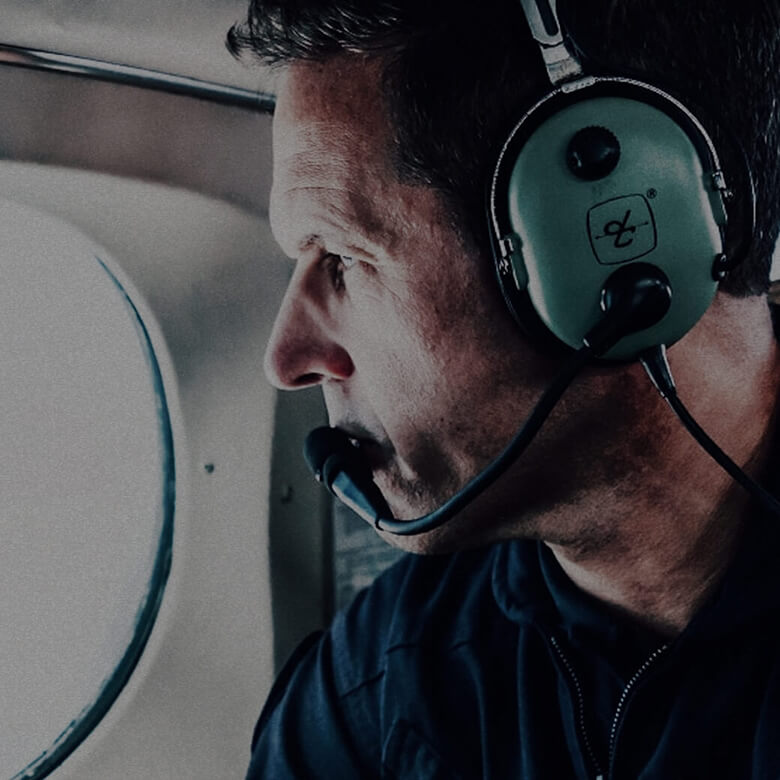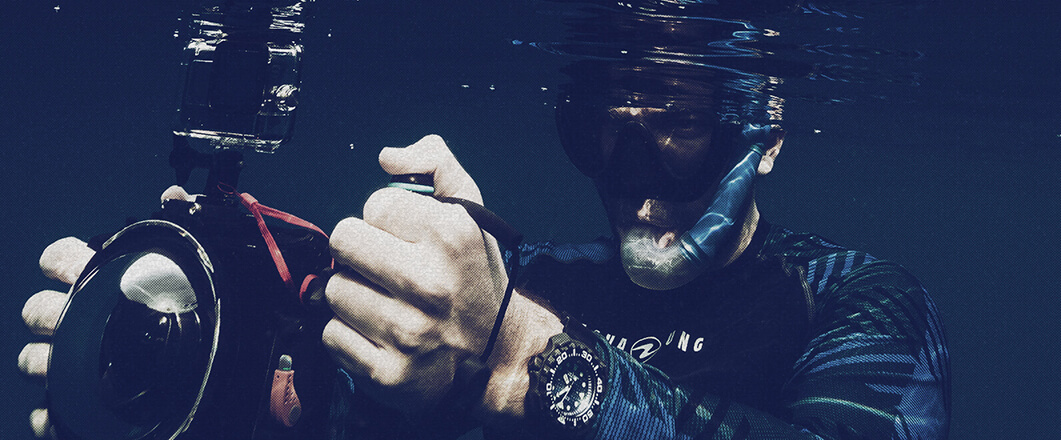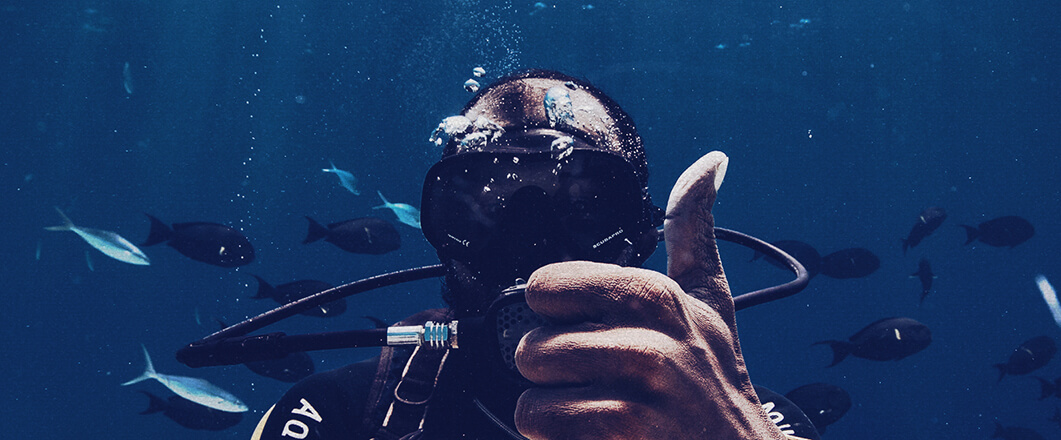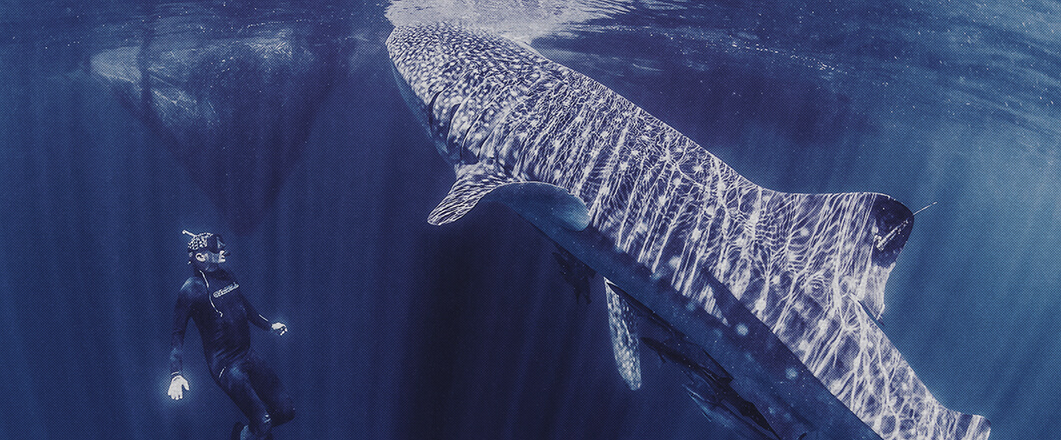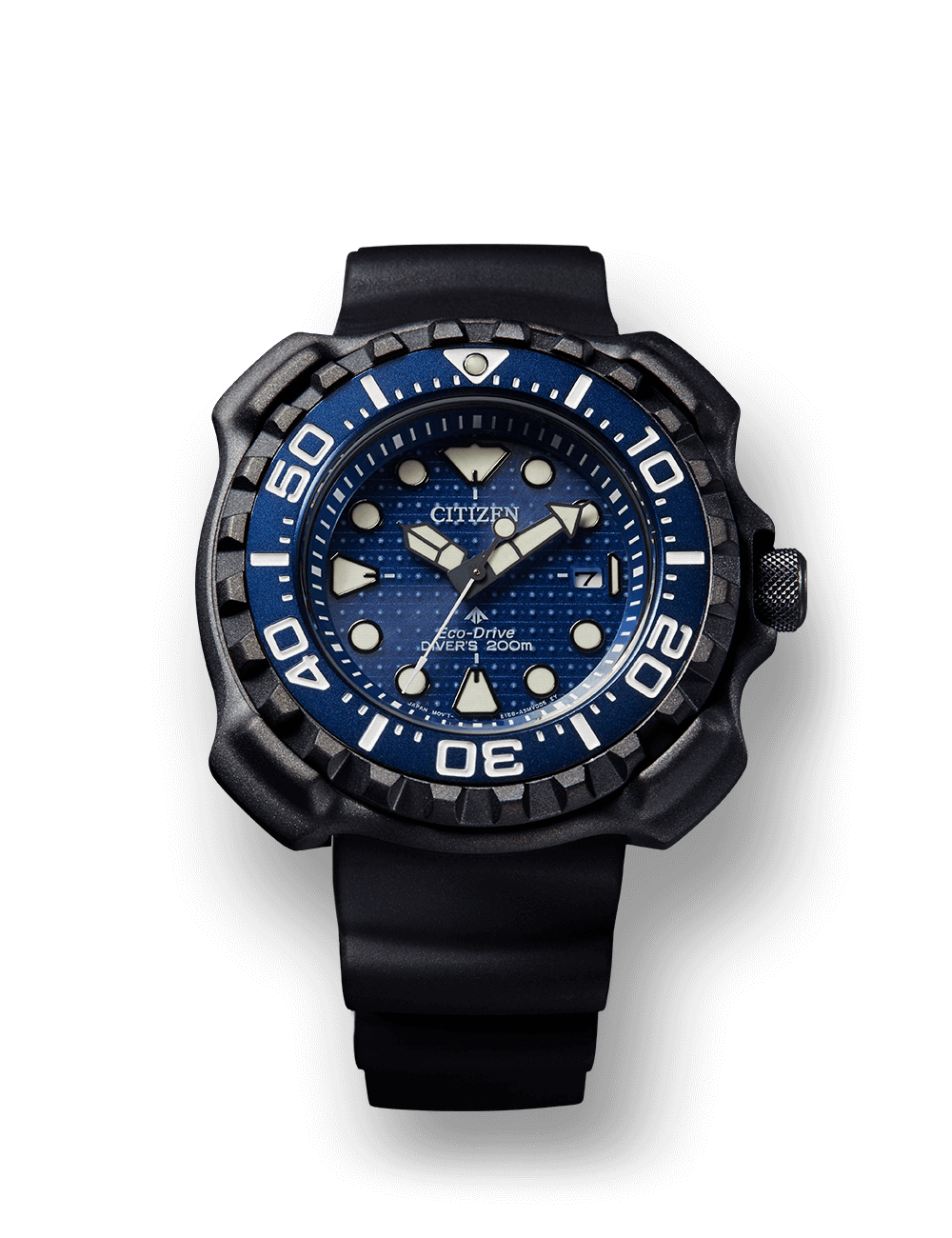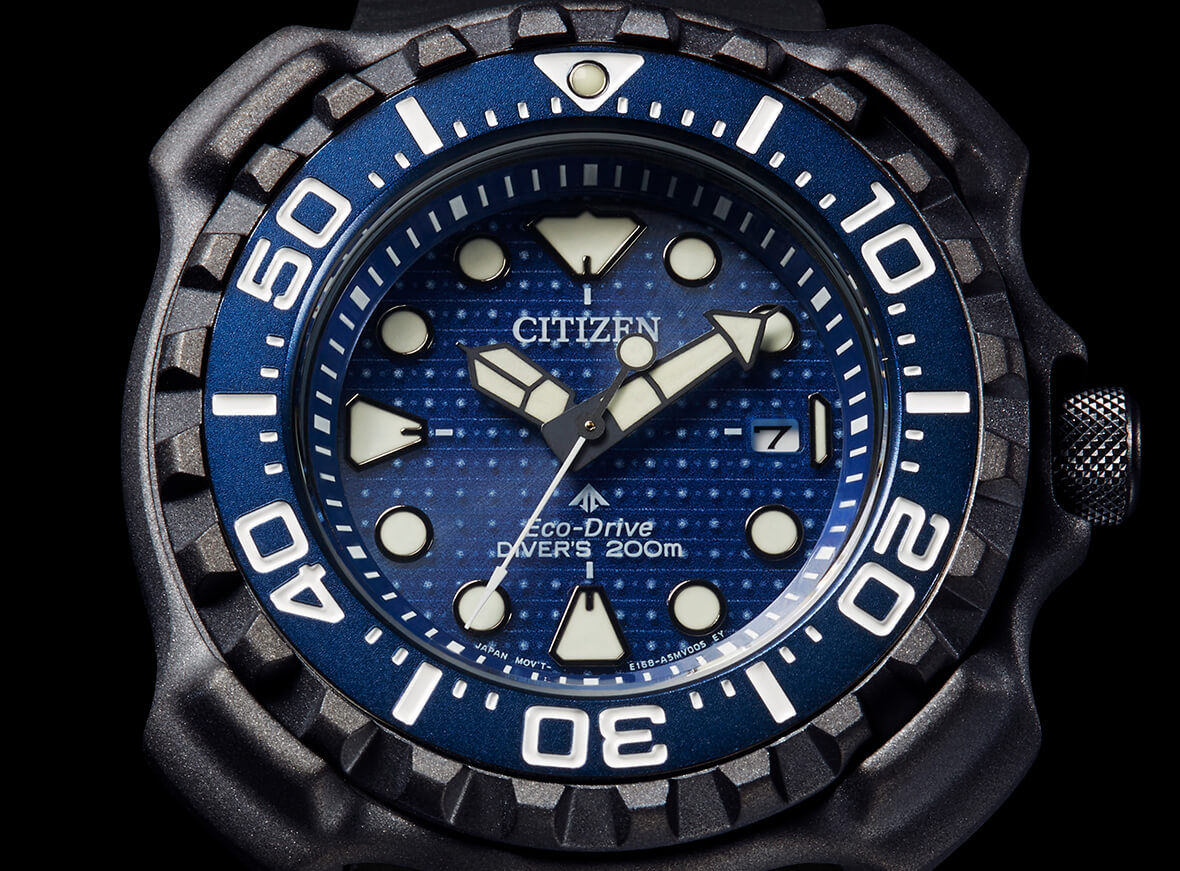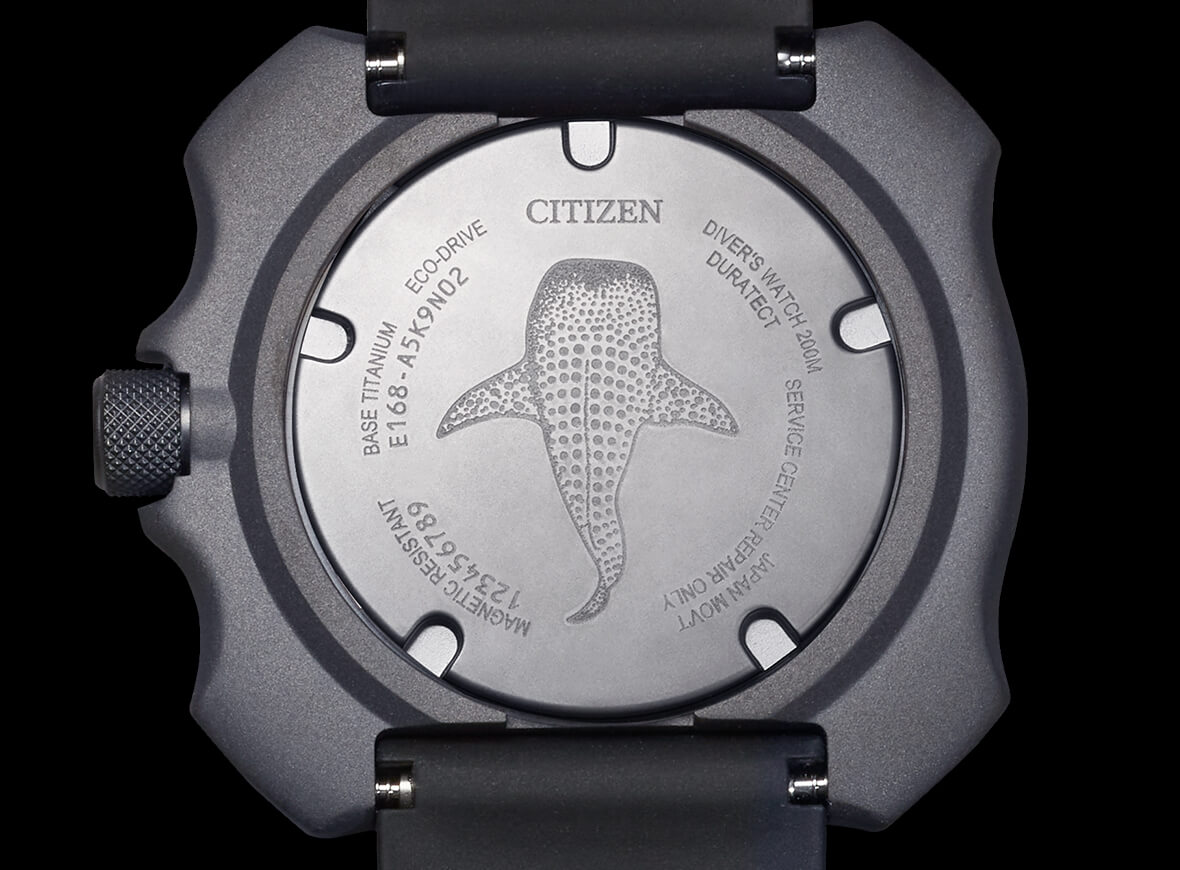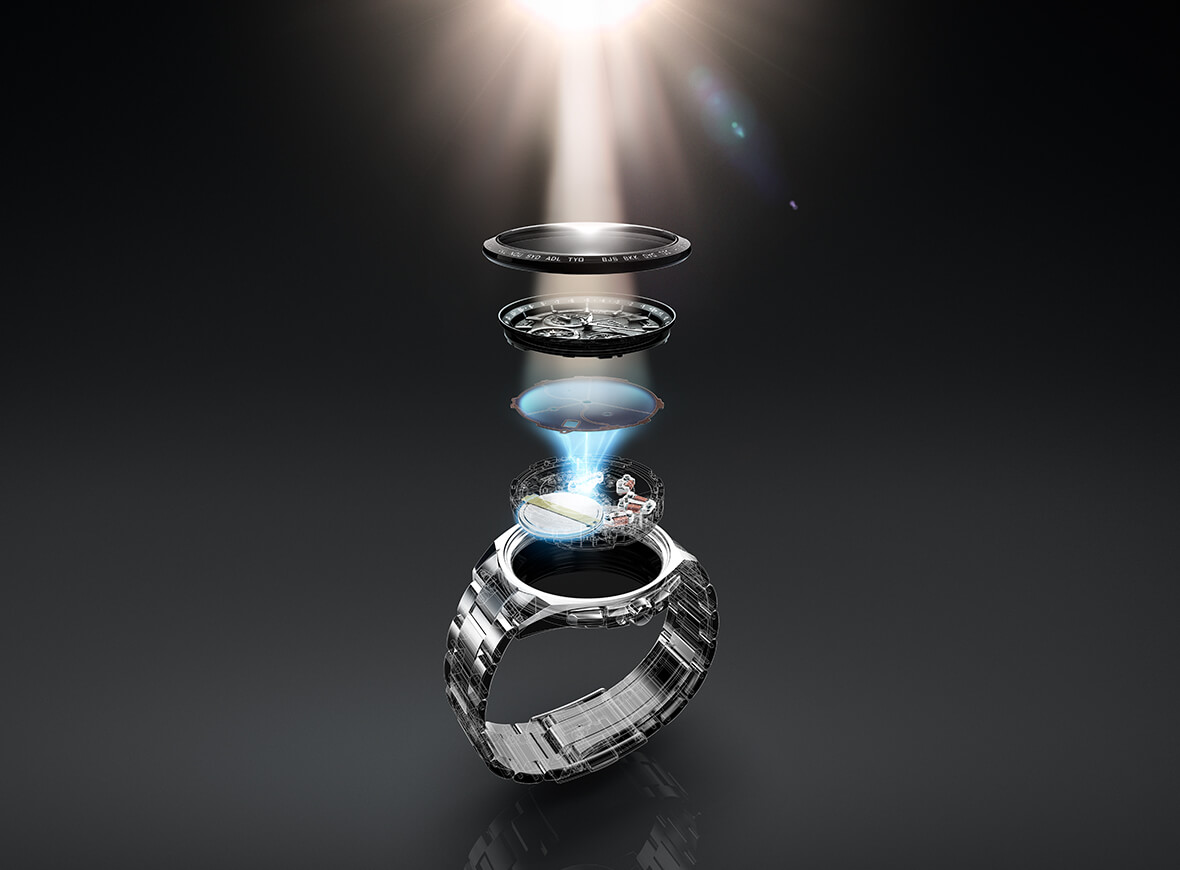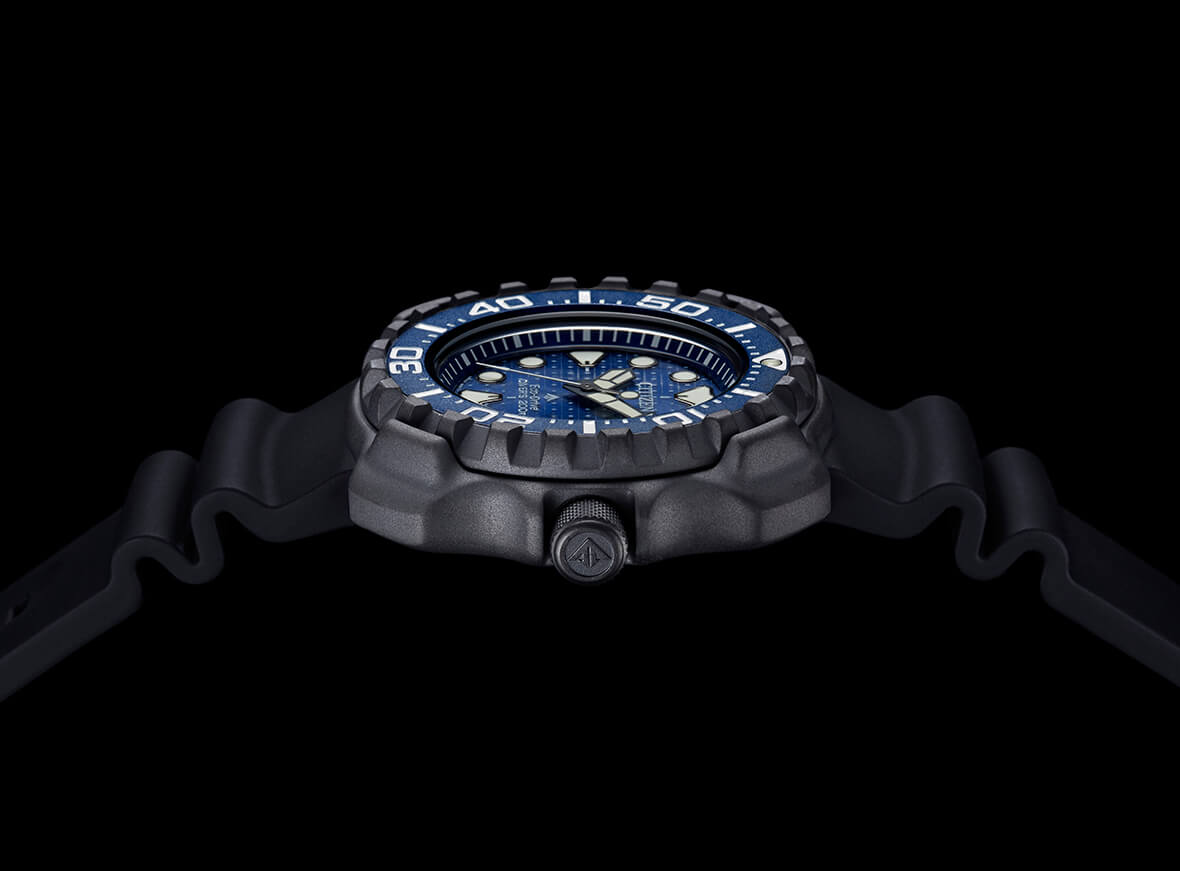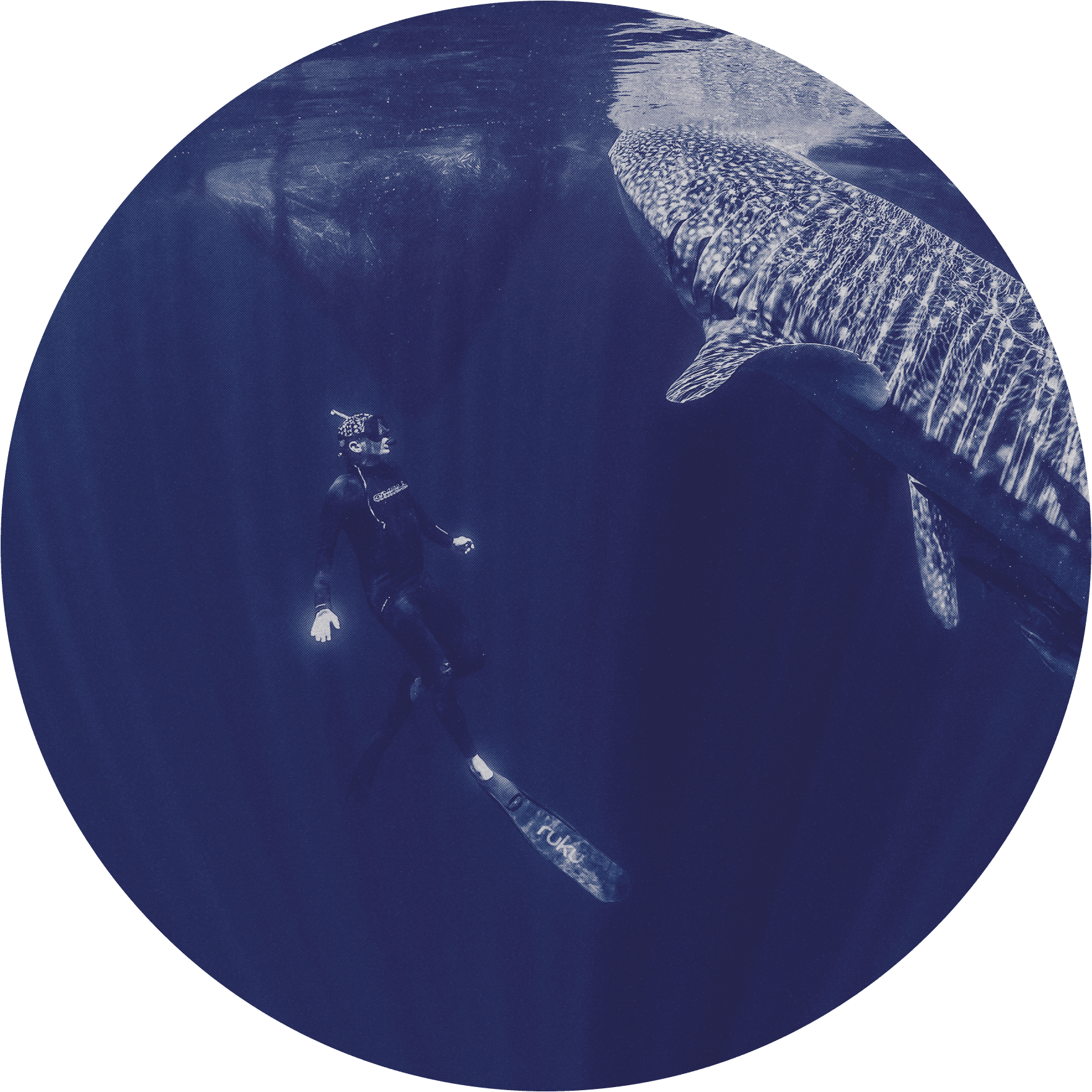
INTRODUCTION
Dr. MARK ERDMANN
VICE PRESIDENT, MARINE, ASIA-PACIFIC FIELD DIVISION CONSERVATION INTERNATIONALMark Erdmann, Vice President, Asia-Pacific
Marine, at Conservation International, is
responsible for multiple whale shark
conservation projects. He tells us why
whale sharks matter and what first
motivated him to get into conservation.
Mark Erdmann, Vice President,
Asia-Pacific Marine, at
Conservation International, is
responsible for multiple whale
shark conservation projects. He
tells us why whale sharks matter
and what first motivated him to get
into conservation.
SYMBOL OF THE SEAS
02
“I’D DECIDED I WANTED TO BE A MARINE BIOLOGIST FROM ABOUT THE AGE OF SEVEN.” “I’D DECIDED I WANTED TO BE A MARINE BIOLOGIST FROM ABOUT THE AGE OF SEVEN.”
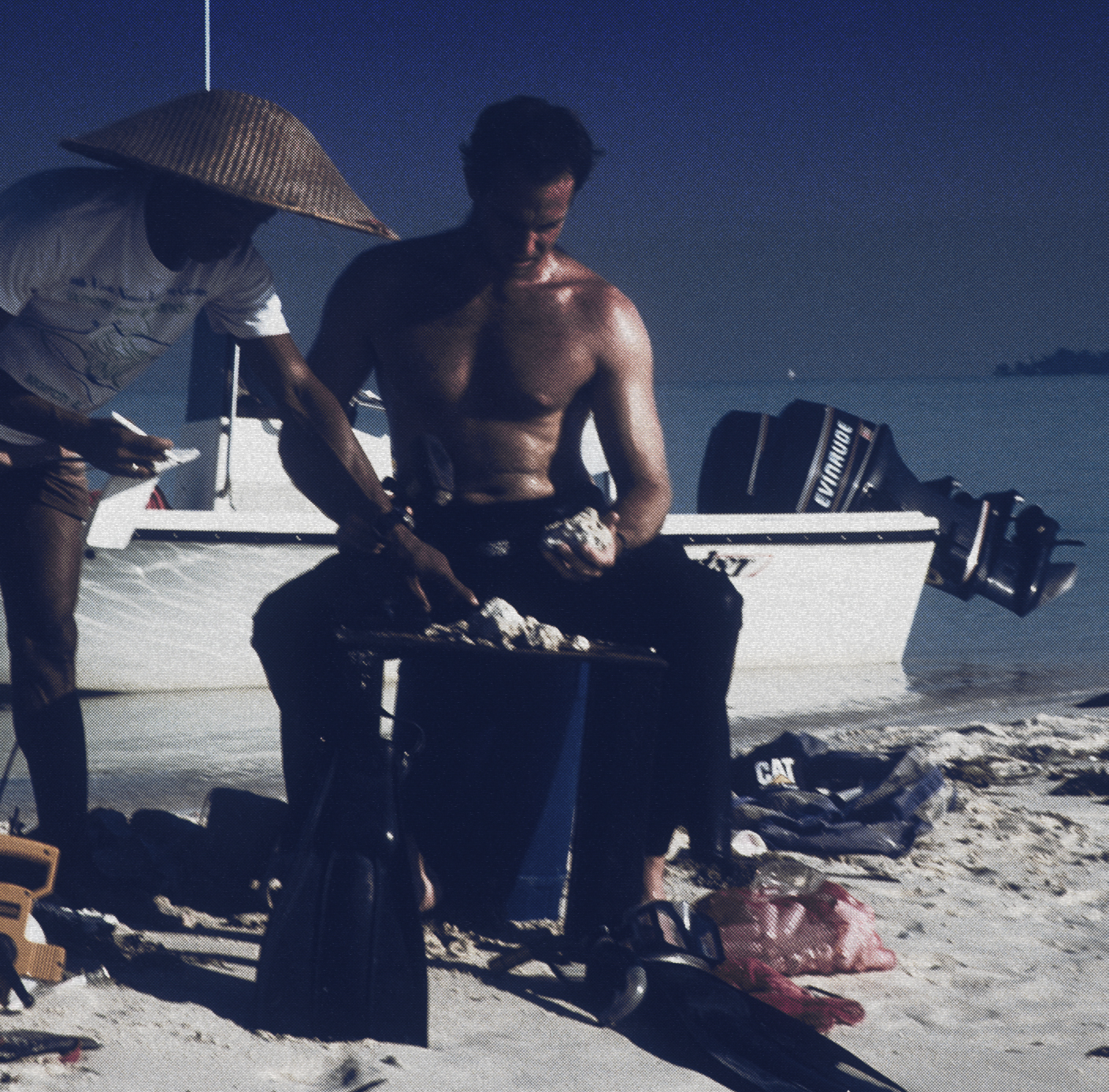
© A Mehta
Why I became a marine conservationist
I grew up in rural South Carolina. As a child, I was always in the streams and lakes trying to catch fish and turtles, and summers I spent with my grandparents in Florida, constantly in the ocean. My favourite TV show was The Undersea World of Jacques Cousteau, and I’d decided I wanted to be a marine biologist from about seven! I focused on marine biology in university and went straight to a PhD on coral reef ecology.
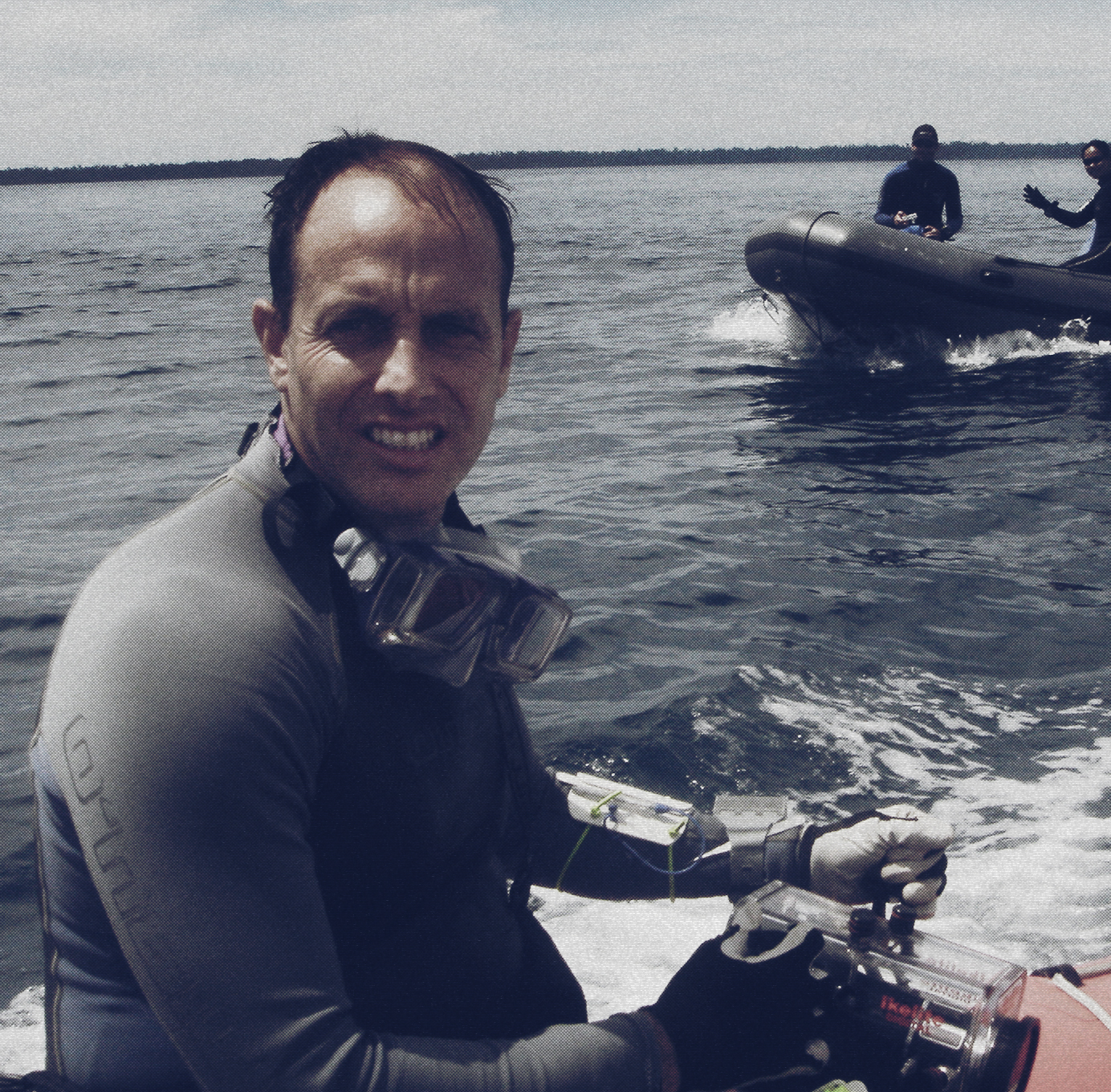
© GR Allen
I realised that my life’s work had to be focused on coral reef conservation during my PhD fieldwork in Southeast Asia in the 1990s. Conservation International hired me in 2004 to launch their marine conservation work in the region.
“WHAT WOULD IT SAY ABOUT US IF WE ALLOWED THE LARGEST FISH IN THE SEA TO GO EXTINCT?” “WHAT WOULD IT SAY ABOUT US IF WE ALLOWED THE LARGEST FISH IN THE SEA TO GO EXTINCT?”
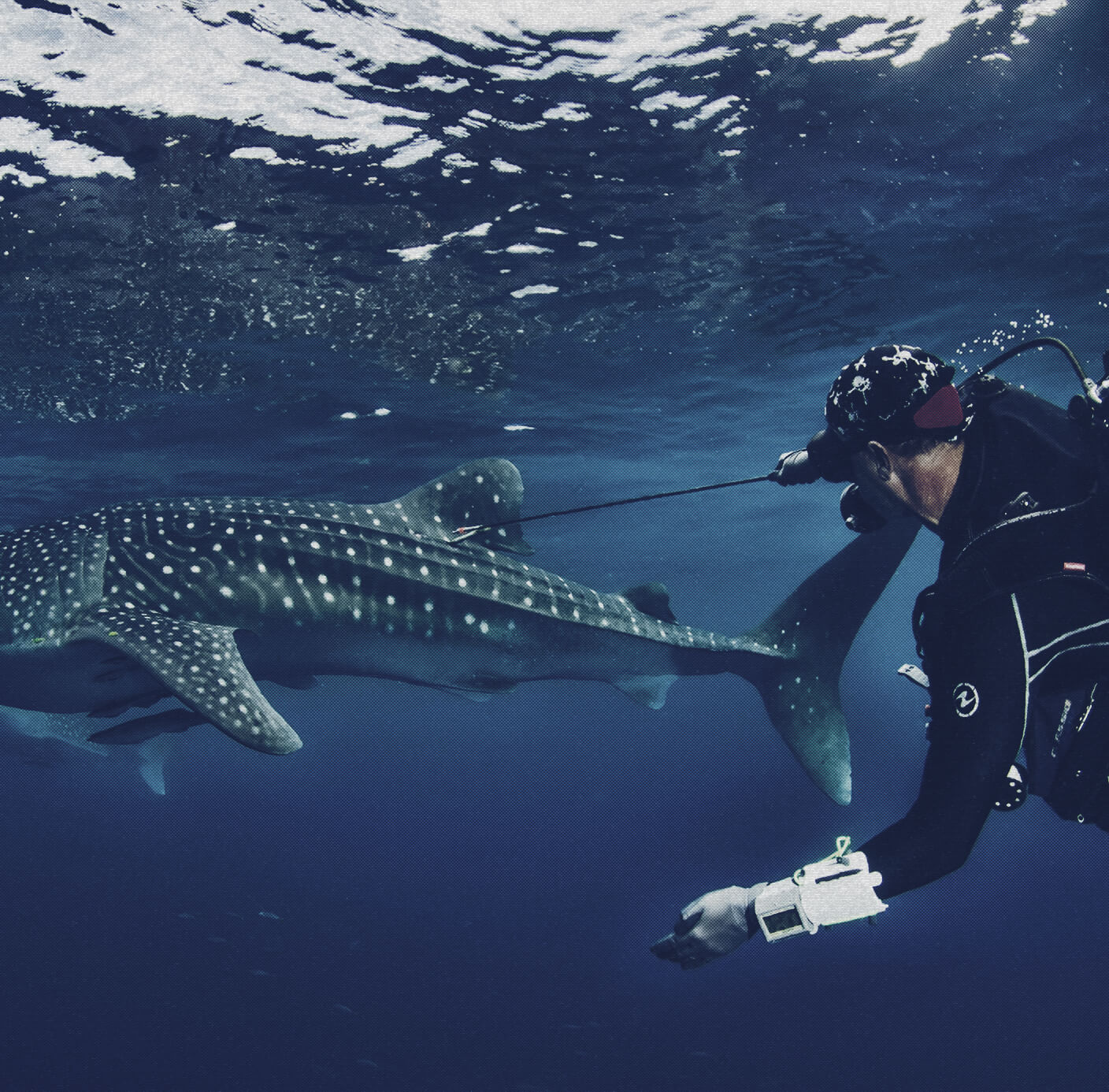
© Burt Jones
Why Whale Sharks Matter
There’s much about whale sharks that we still don’t know, but the fact that whale sharks are the largest fish in the sea is of extreme conservation and aesthetic significance. What would it say about us as humans and stewards of this planet if we allowed the largest fish in the sea to go extinct? There’s no doubt that whale sharks play an important role in ocean ecosystems.
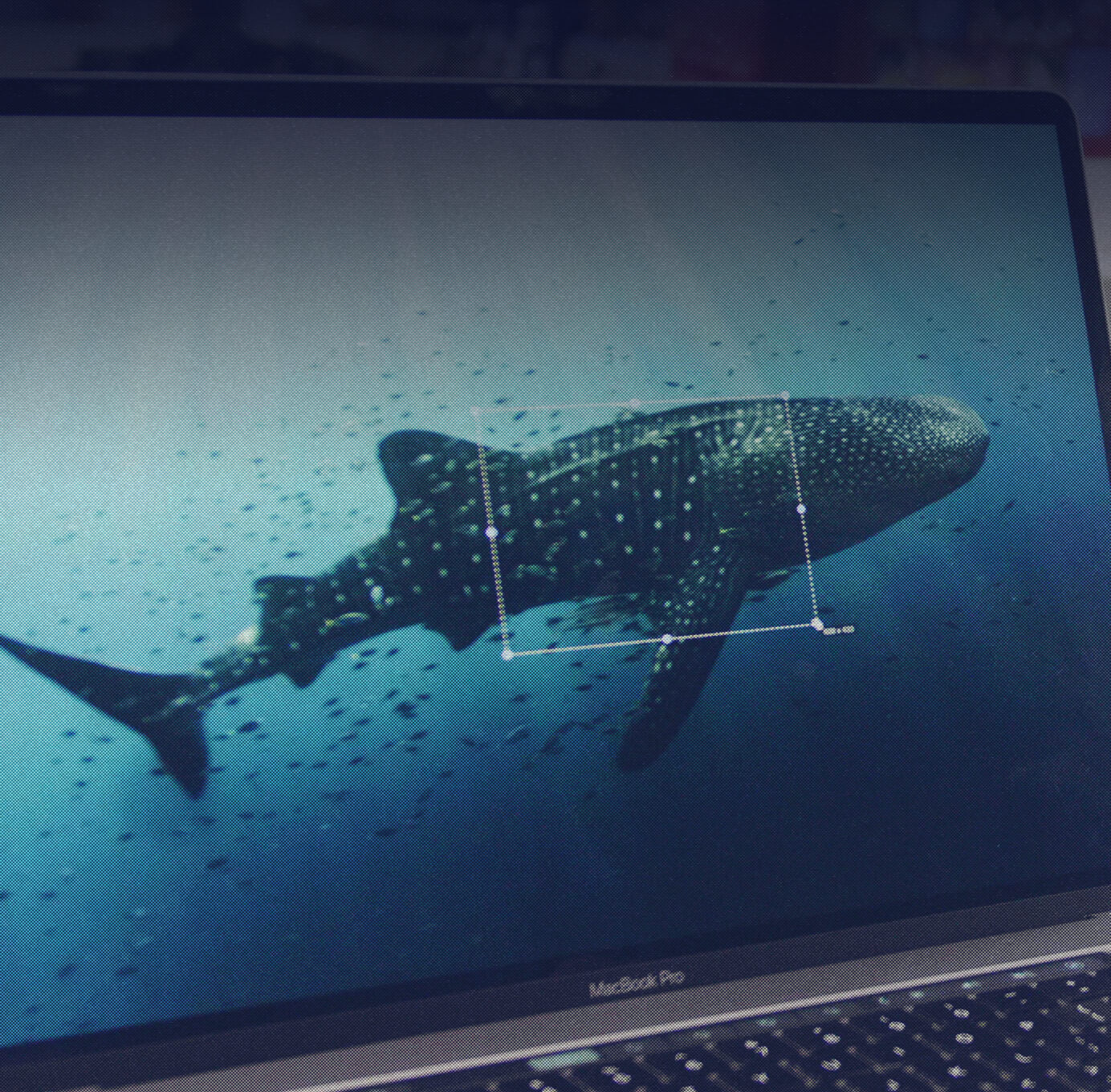
With all the plankton and small baitfish that they eat, they play an important role in fertilising the open and deep oceans with their faeces, by transferring nutrients from the nearshore shallow waters. This has a positive impact on both the plants and animals in these ocean ecosystems, as well as on sequestration of carbon and production of oxygen.
“IN THE ASIA-PACIFIC, WE ARE PHOTOGRAPHING EVERY WHALE SHARK WE ENCOUNTER.”
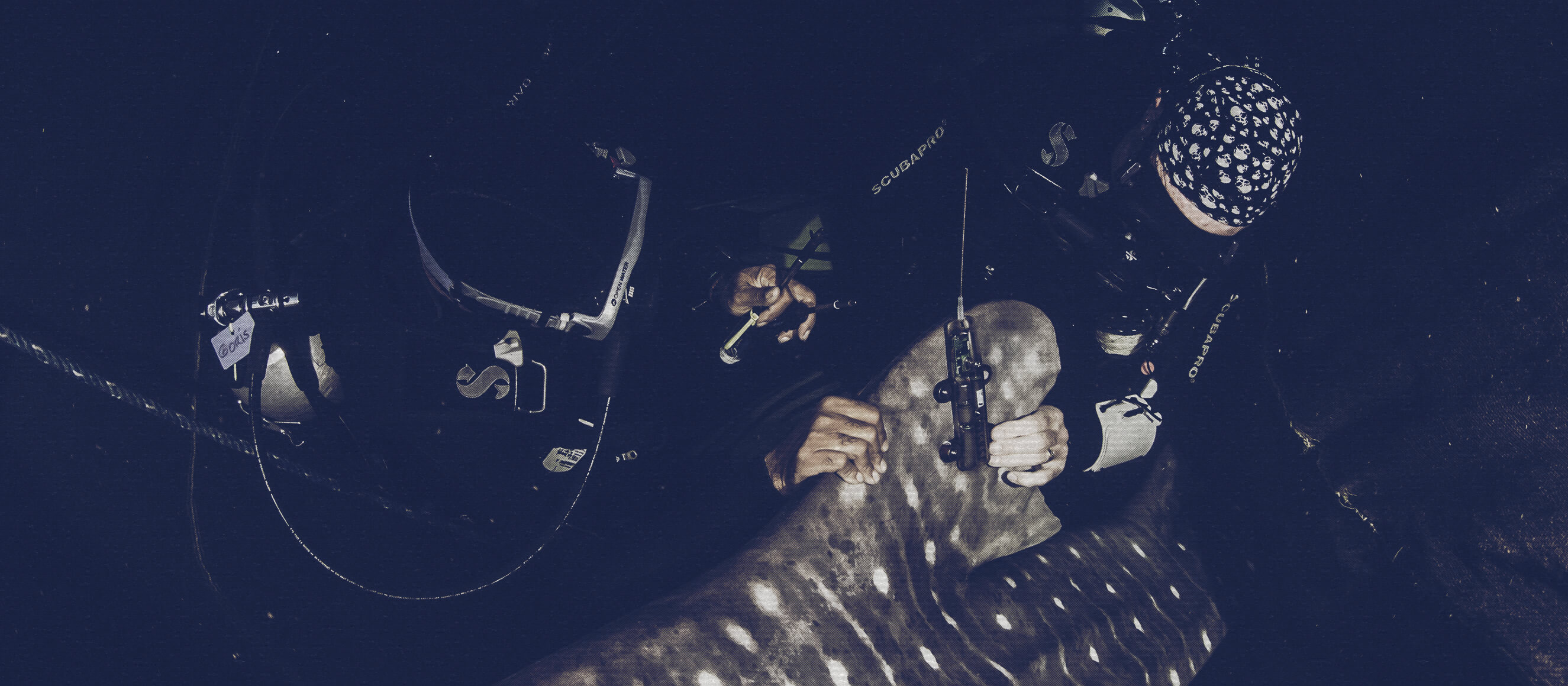
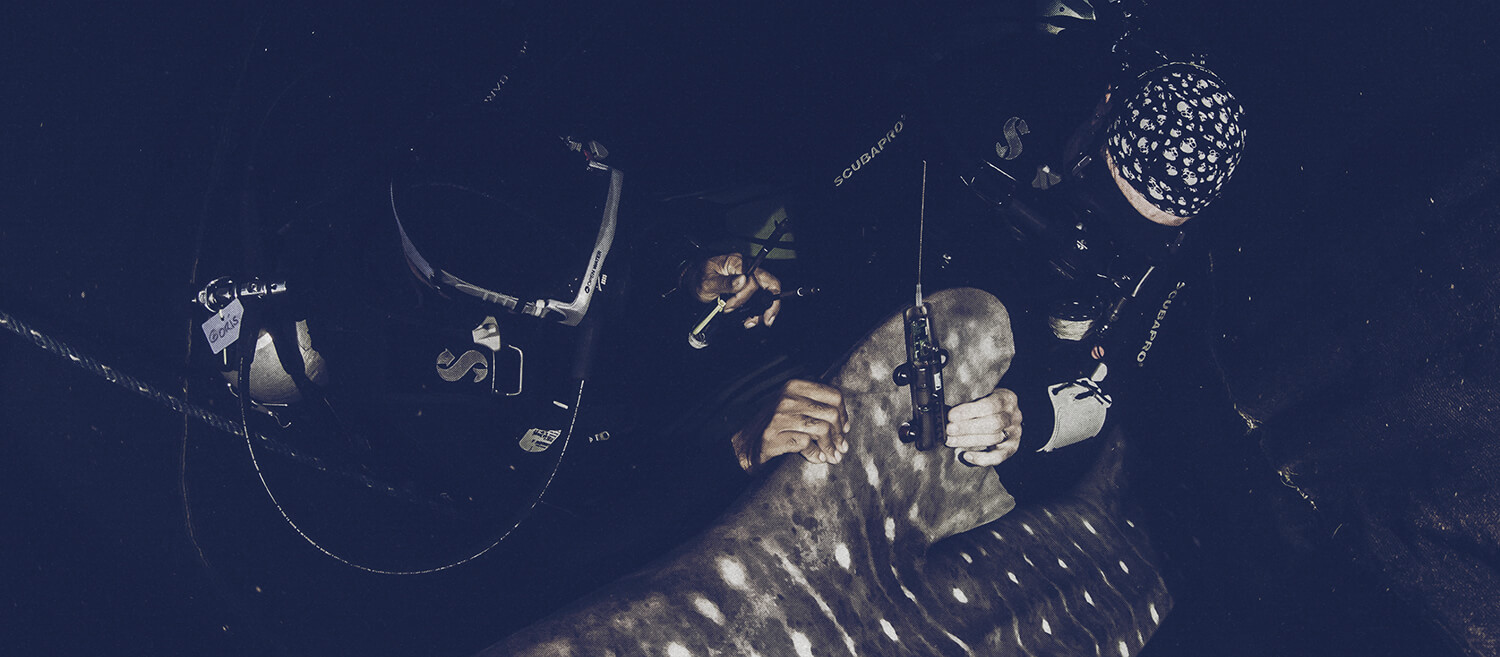
© Shawn Heinrichs
CI projects to monitor and protect whale sharks
The patterns on whale sharks’ bodies are unique markings, like a human fingerprint, and allow us to identify individual whale sharks. In the Asia-Pacific, we’re photographing every whale shark we encounter to put their “photo IDs” into a database so we can track them. With this, we can document important feeding areas for whale sharks and reveal their migratory behavior.
We also utilise satellite-tagging technology. Satellite tags have shown that whale sharks regularly dive to depths of 1800m, while completing some amazing long-distance migrations—such as one of over 23,000 km in fourteen months! Learning about their behaviour helps identify ‘hotspots’ of collision risk and negative interactions with large commercial fishing boats. We’re also working with the Indonesian government and local communities to develop whale shark ecotourism.
“AS 70% OF OUR PLANET, OCEANS ARE UNQUESTIONABLY THE MOST IMPORTANT ASSET.” “AS 70% OF OUR PLANET, OCEANS ARE UNQUESTIONABLY THE MOST IMPORTANT ASSET.”
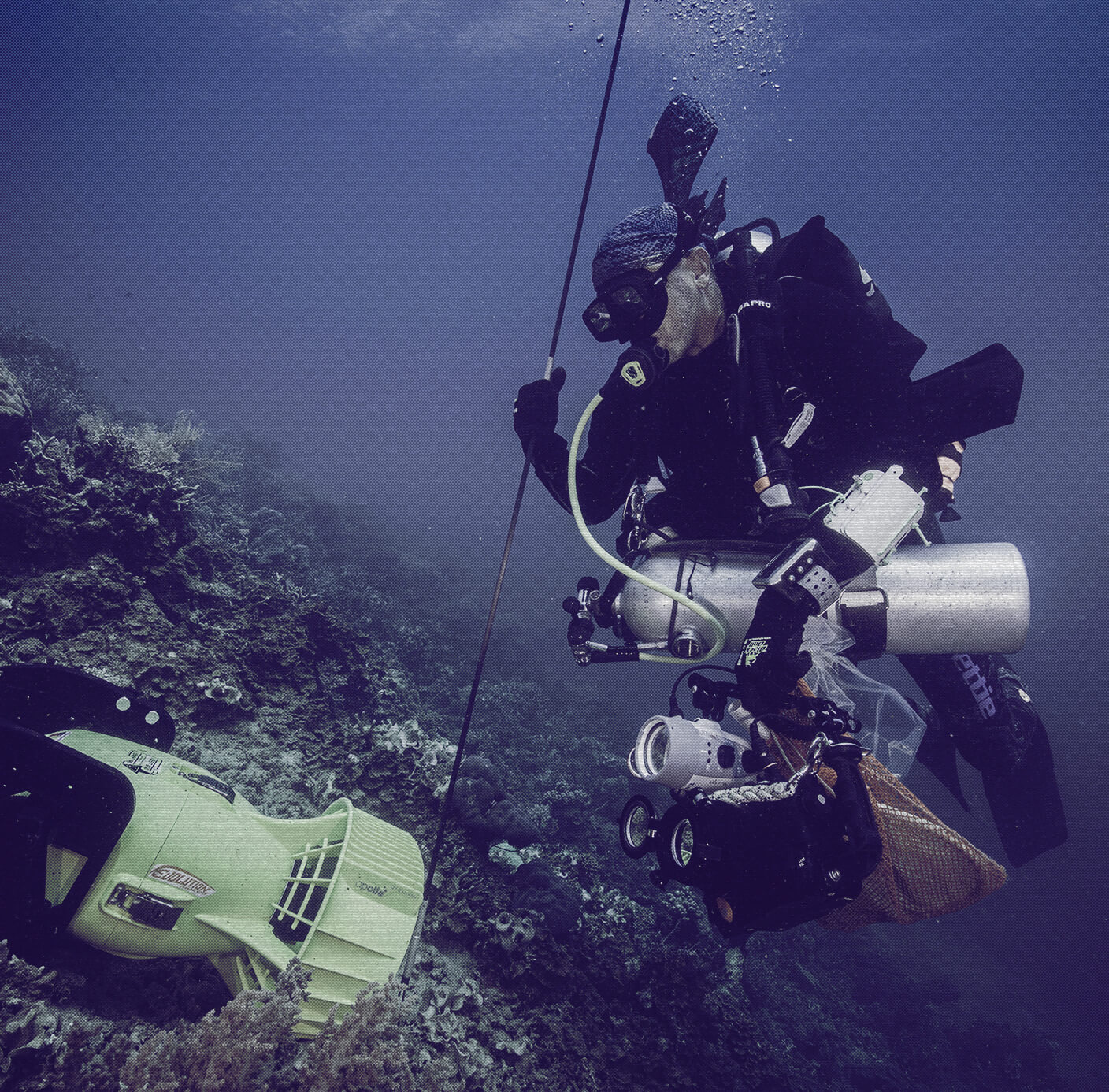
© Nick Hawkins
The importance of our oceans and the threats they face
The threats facing our oceans are myriad and often complex. The most important ones include overfishing and destructive fishing techniques, poor coastal zone management leading to erosion, sedimentation and marine pollution, and climate change, leading to warming and acidifying oceans with altered circulation patterns. Conservation International has initiatives focused on each of these major threats.
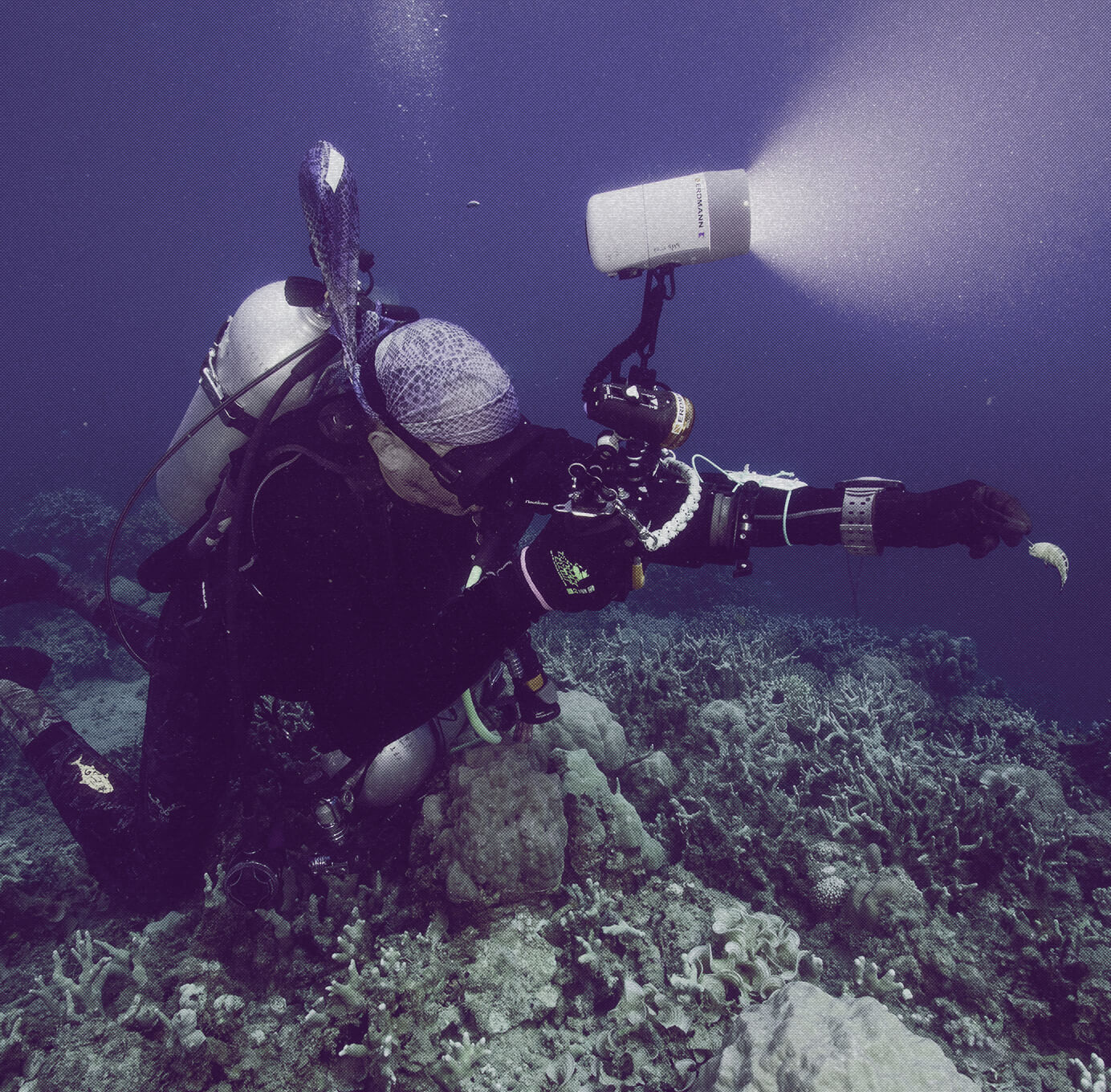
© Nick Hawkins
Our oceans are incredibly important. They provide food, regulate our climate, produce an enormous amount of our oxygen while sequestering carbon, and are the focus of much of our tourism activities. If the oceans suffer, we as humans will suffer dramatically, without enough food or oxygen, and subject to increasingly erratic and unpleasant weather events. As 70% of our planet, oceans are unquestionably the most important asset we have to ensure our own future.
“IT’S EASY FOR PEOPLE TO CHANGE THEIR BEHAVIOUR IN A WAY THAT HAS A POSITIVE IMPACT.” “IT’S EASY FOR PEOPLE TO CHANGE THEIR BEHAVIOUR IN A WAY THAT HAS A POSITIVE IMPACT.”
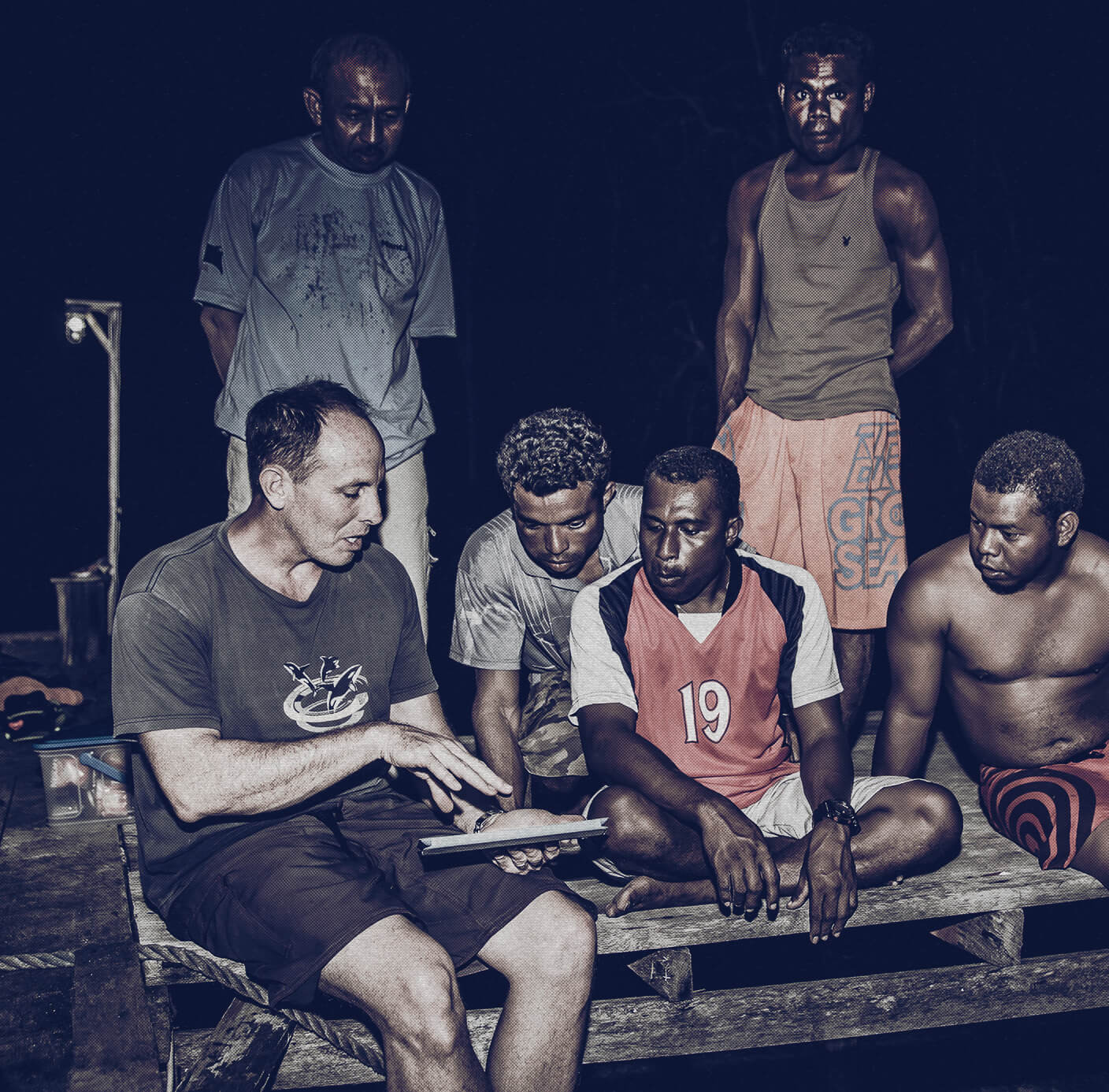
© Shawn Heinrichs
What we as individuals can do to help save the oceans
It’s relatively easy for ordinary people to change their behaviour in a way that has a positive impact on the oceans. We can avoid seafood products that come from unsustainable or destructive fisheries and reduce our individual use of fossil fuels and electricity to help limit climate change. When we choose a holiday with a marine focus, we can pick venues that have strict sustainability policies such as sourcing only sustainable seafoods, preventing marine pollution and sewage or plastic waste from entering the ocean, and contributing meaningfully to local community livelihoods.
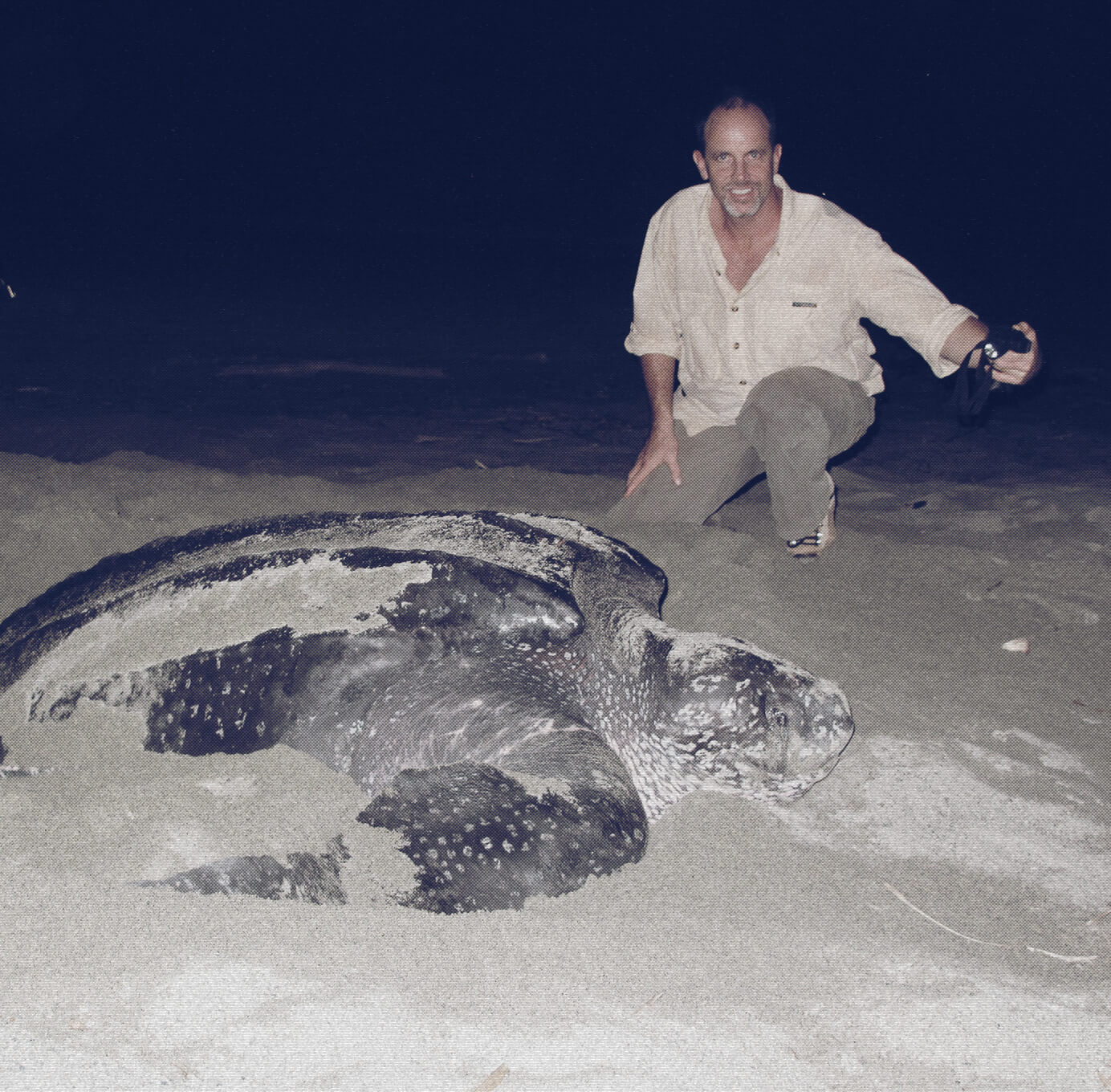
© Jos Pet
In the end it’s all about the choices we make. Oh, and people who are particularly concerned can also consider contributing directly to conservation organizations such as Conservation International that are actively working to protect the oceans!
“DIVING IS MY FAVORITE HOBBY AND SEARCHING FOR NEW SPECIES A FAVORITE PASTIME.”
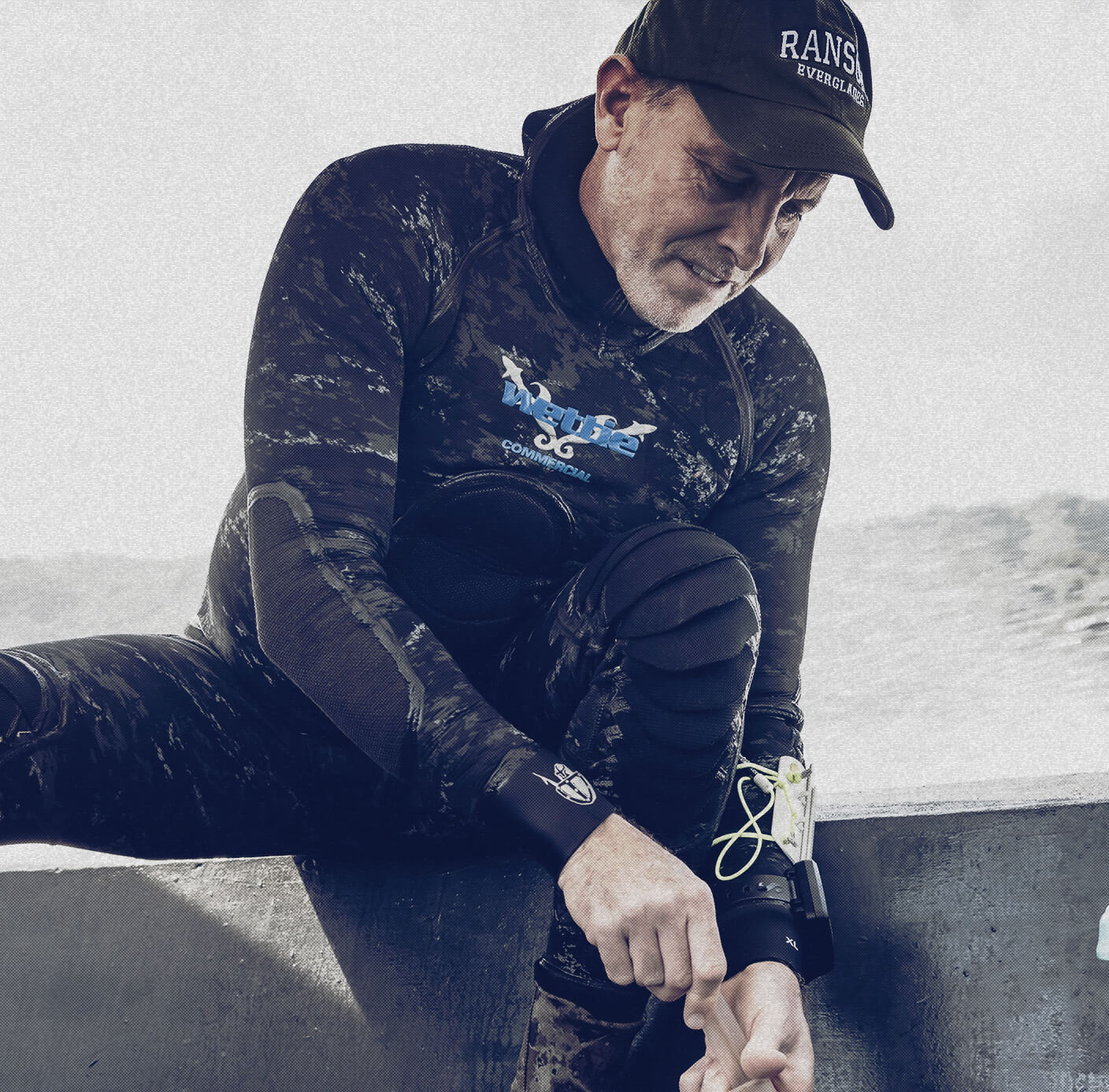
© Douglas Seifert
Diving as a life mission. And as a hobby
Conservation is a never-ending job with plenty of frustration; we make gains and have successes, but we often have big setbacks as well. In order to maintain optimism and passion for what we do, I believe it is very important to spend time in Nature and ‘remember’ what we are fighting for!
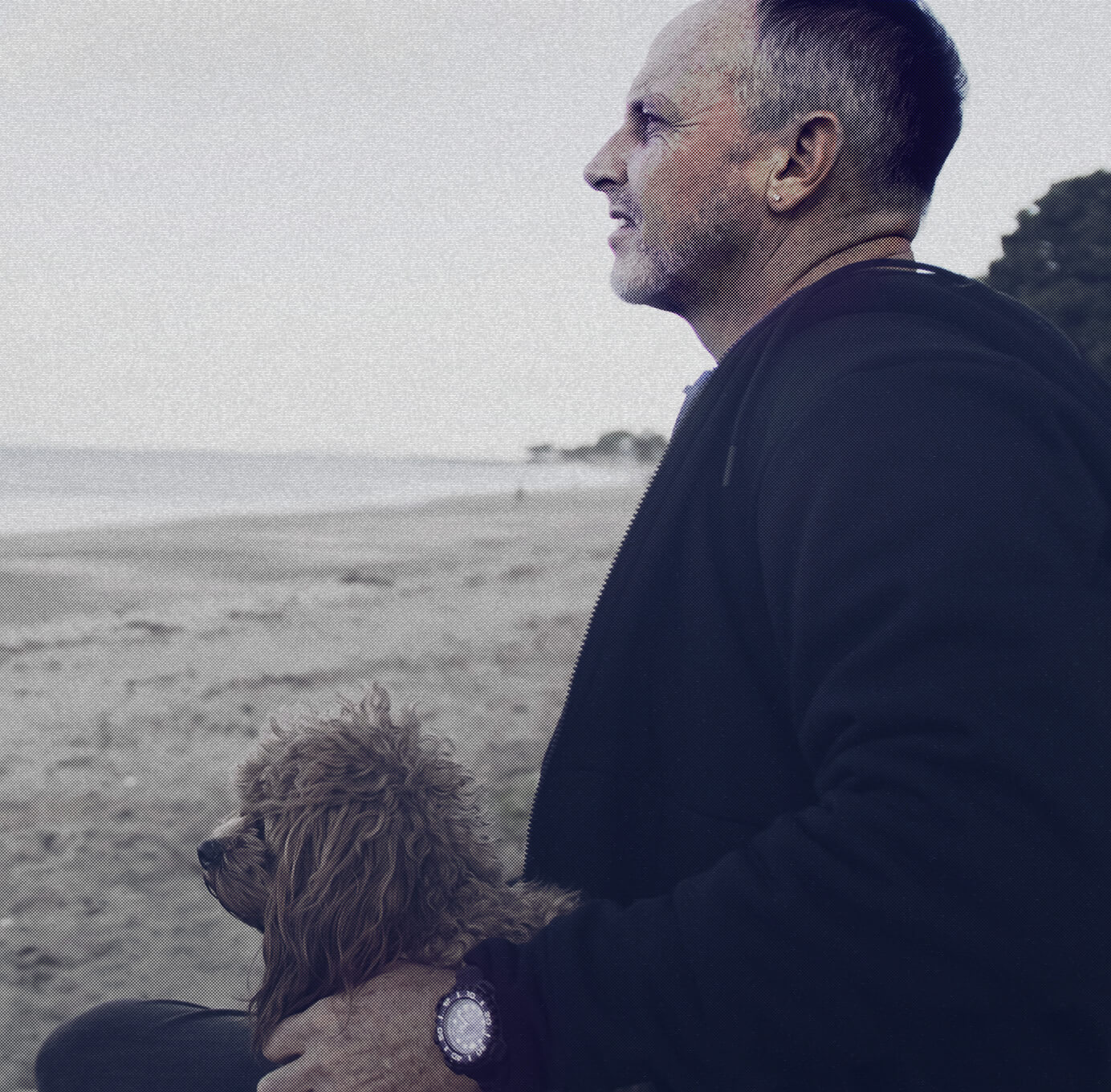
So for me, it is imperative that I regularly go diving on the reefs and walking in the forests we are trying to protect. This keeps me focused! Diving is also my favorite hobby and searching for new species a favorite pastime of mine for the past 30 years. I plan to keep doing this for another 20 years or more!


03
NEXT STORY
PRODUCT
NEW MODEL
Eco-Drive Diver 200m
BN0225-04L
SPECIAL LIMITED EDITION
OF
5,000 UNITS
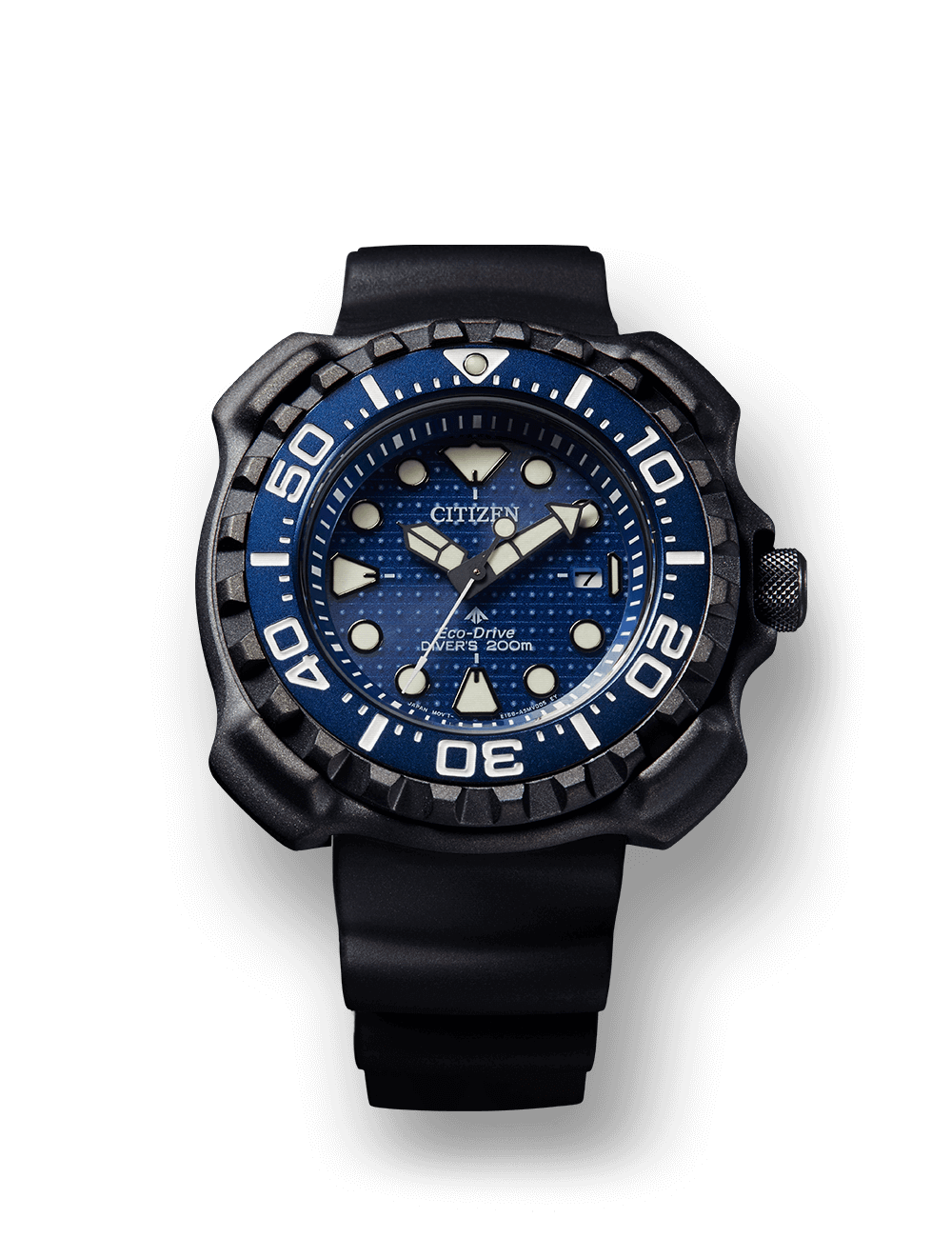
WHEN A SYMBOL MEETS A LEGEND

is not applicable to sales in China and Indonesia.


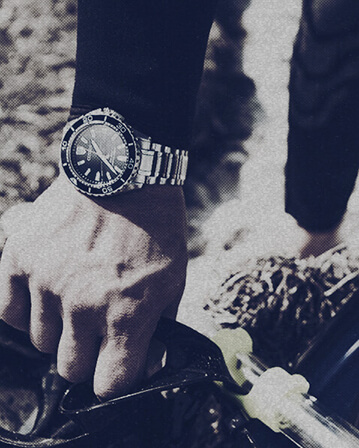
CITIZEN
PROMASTER BRAND SITE
05





